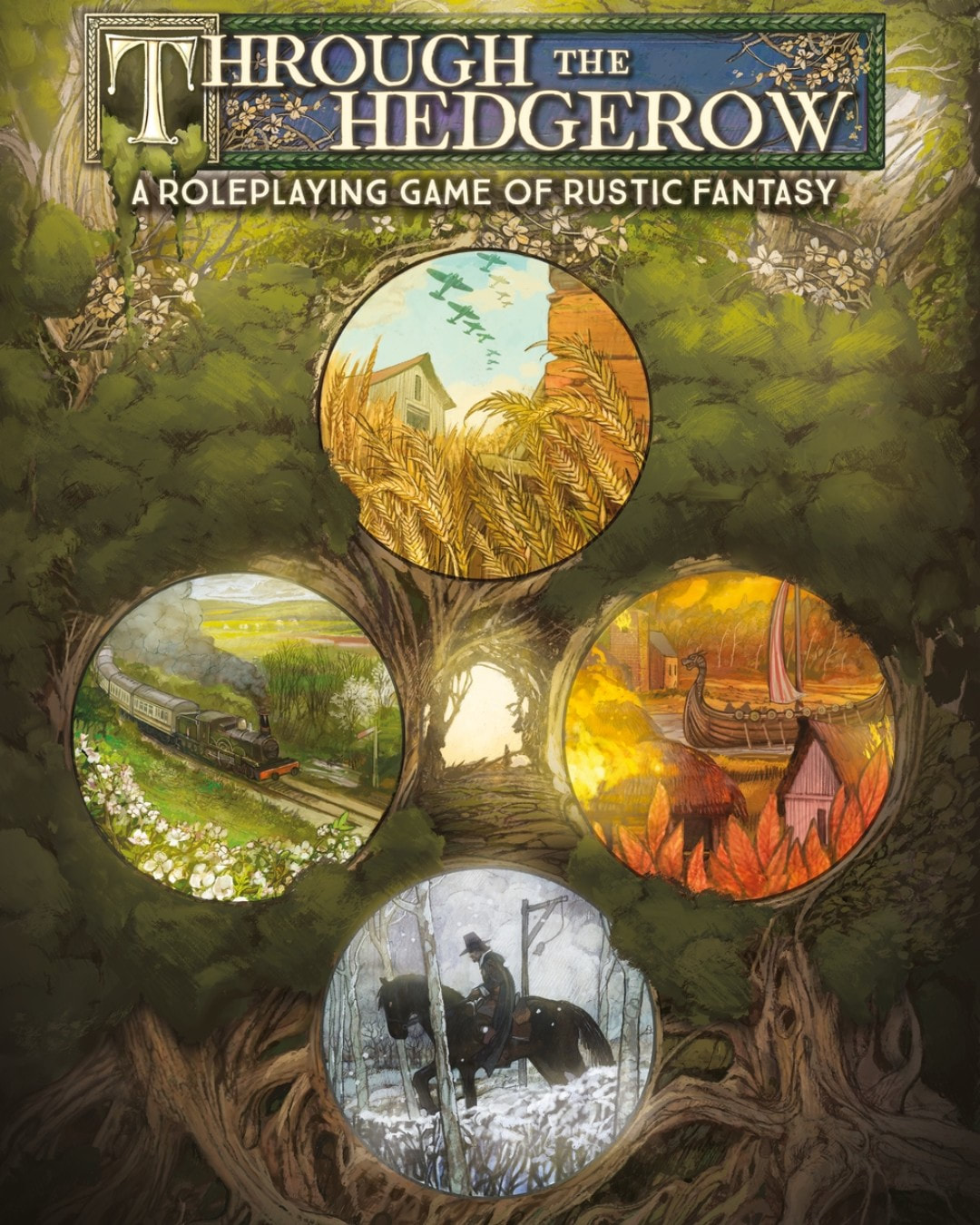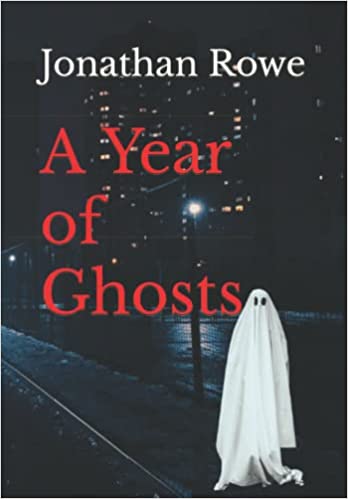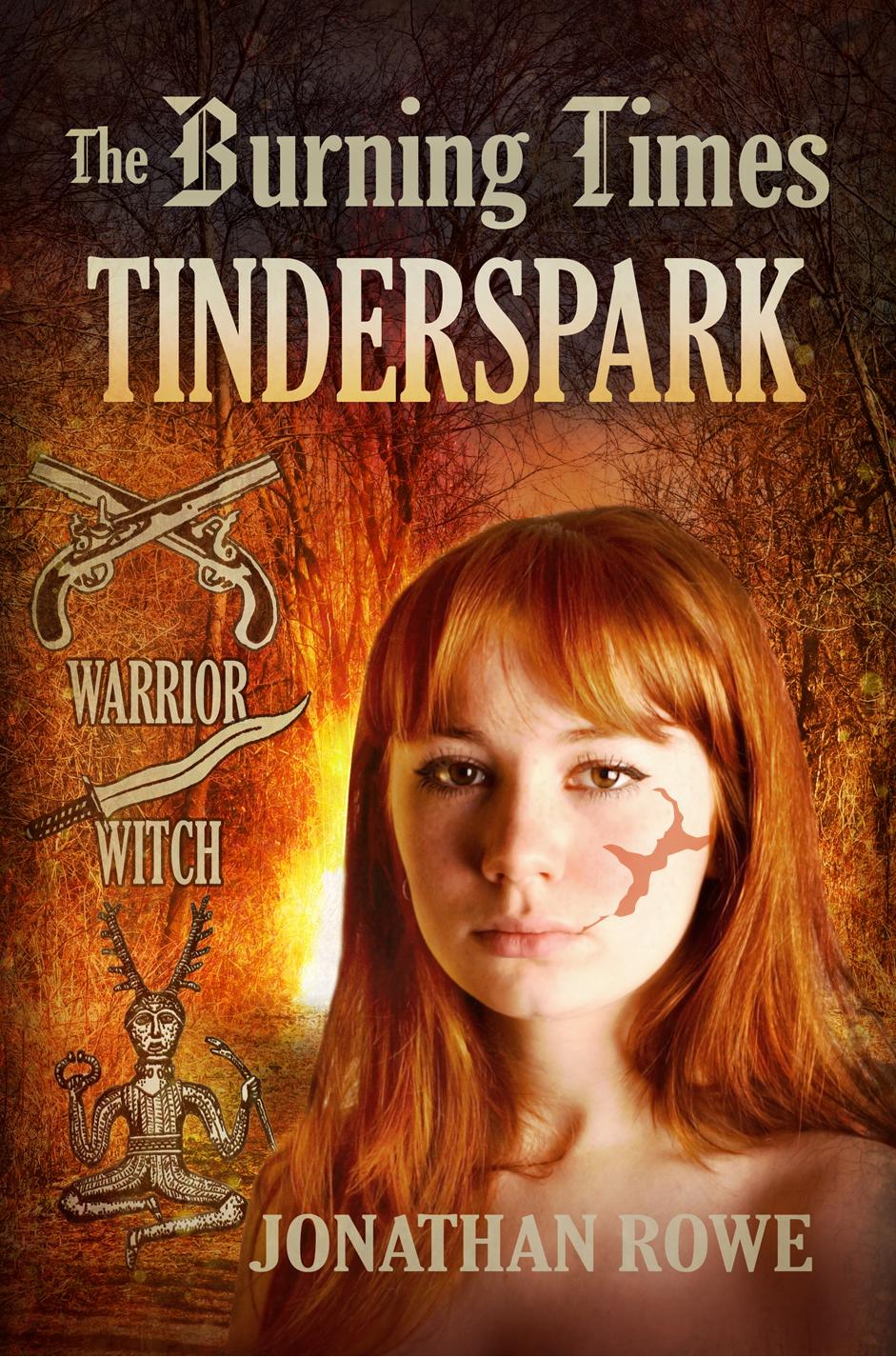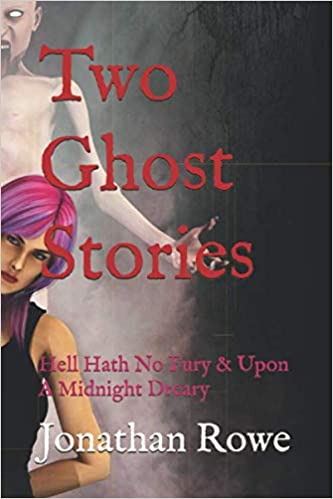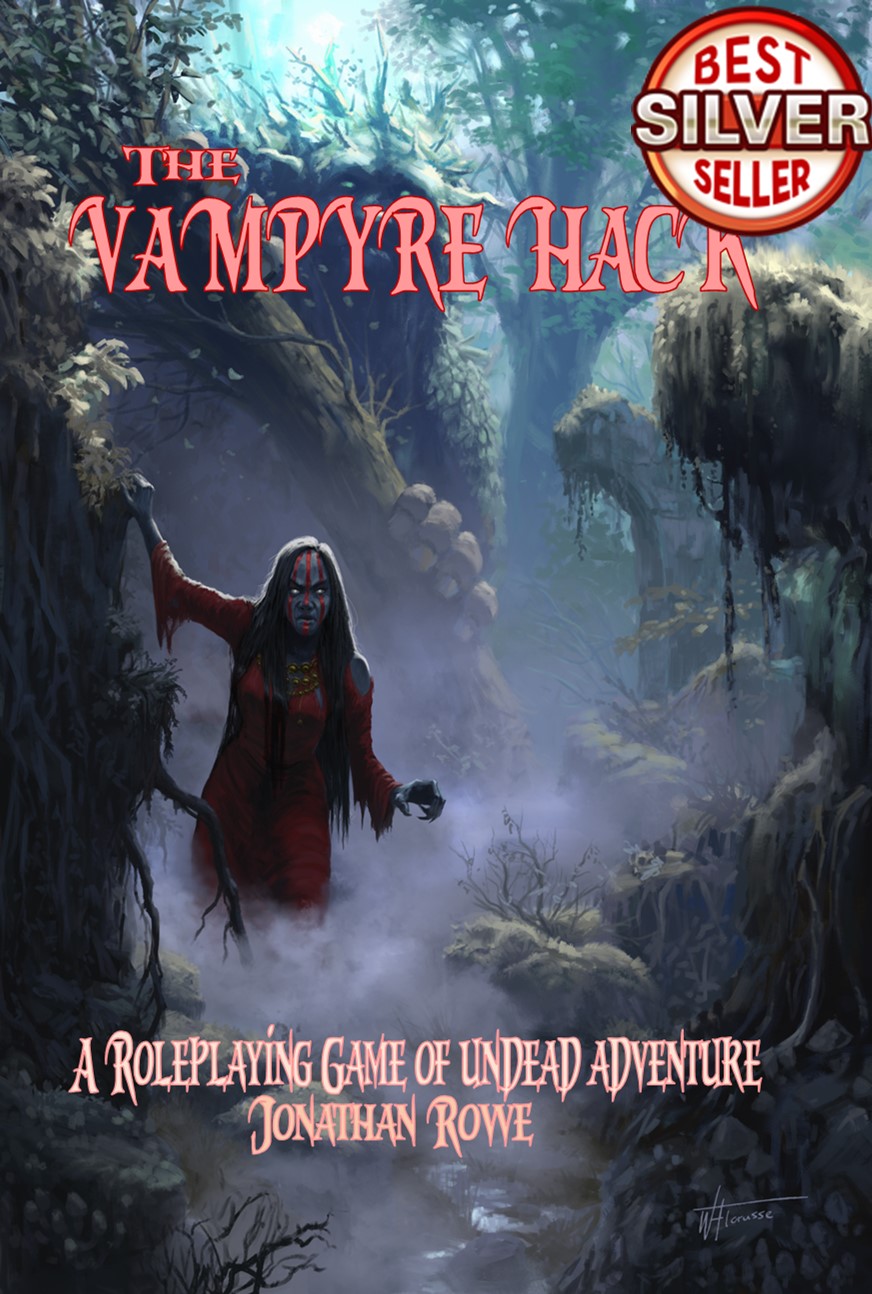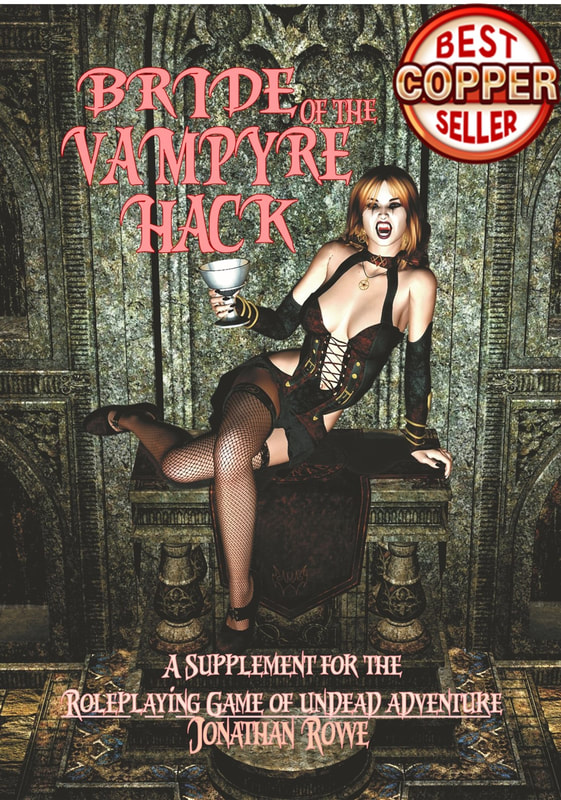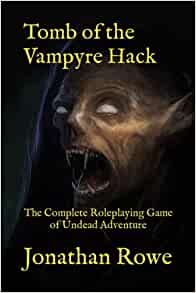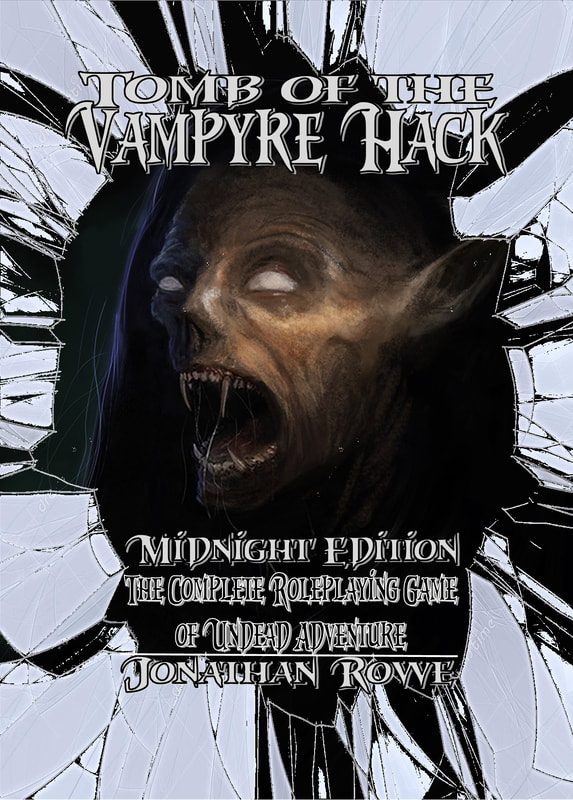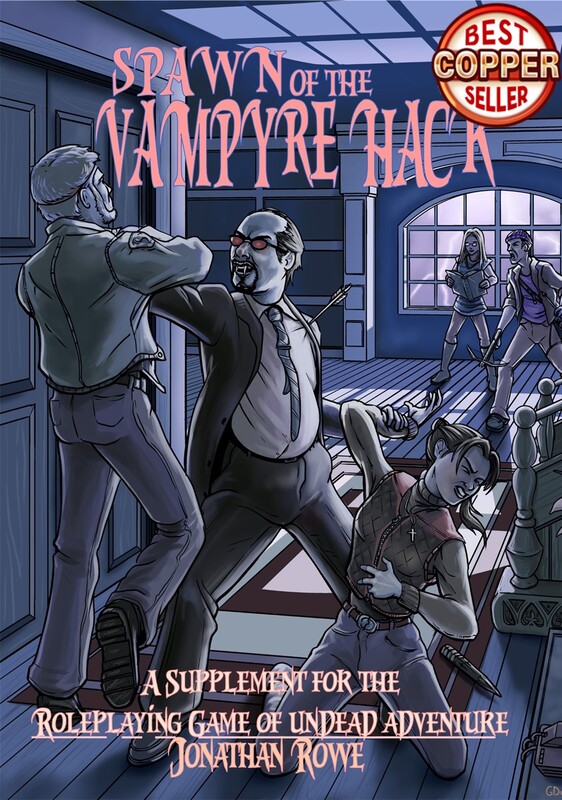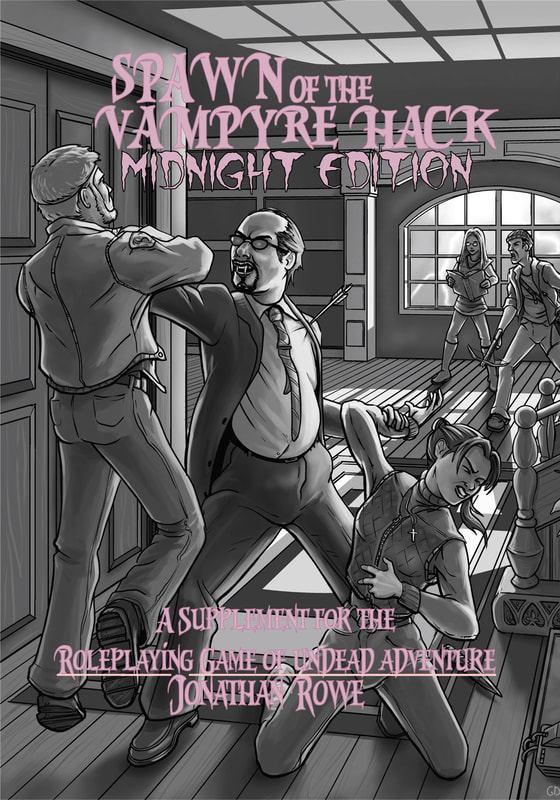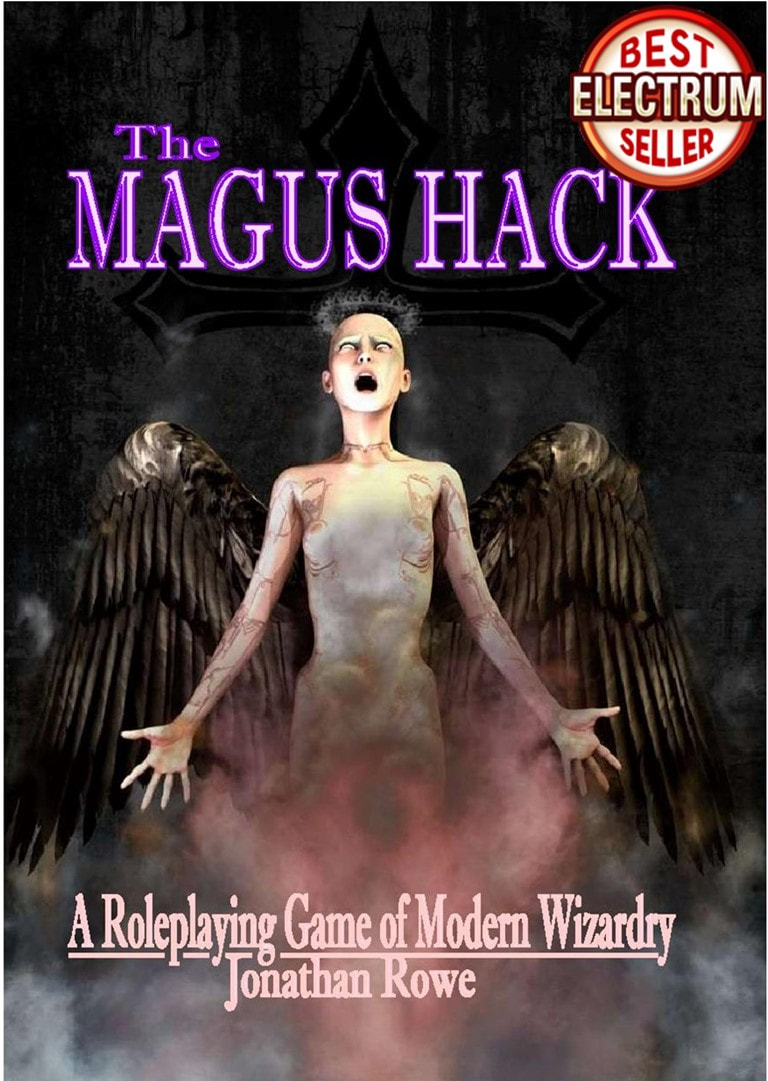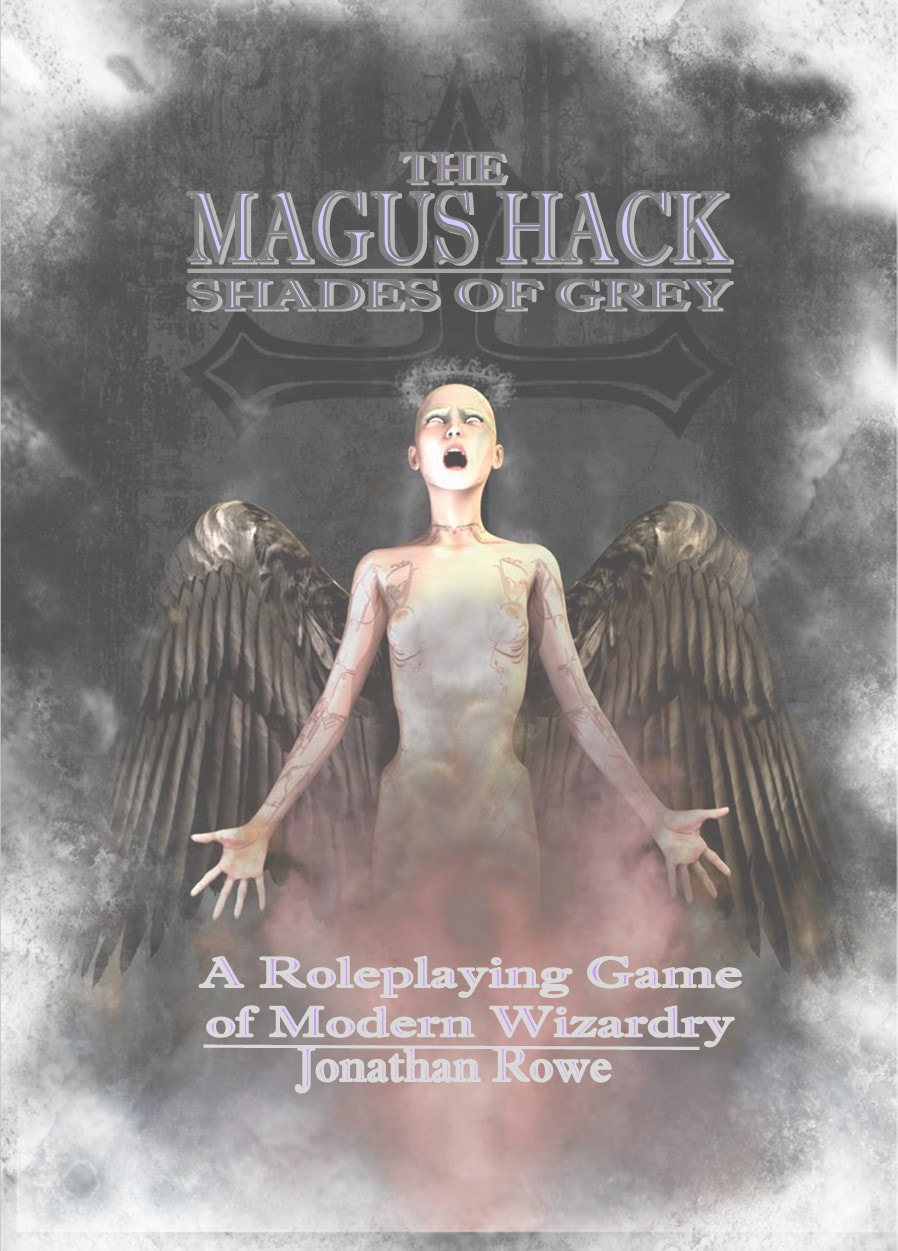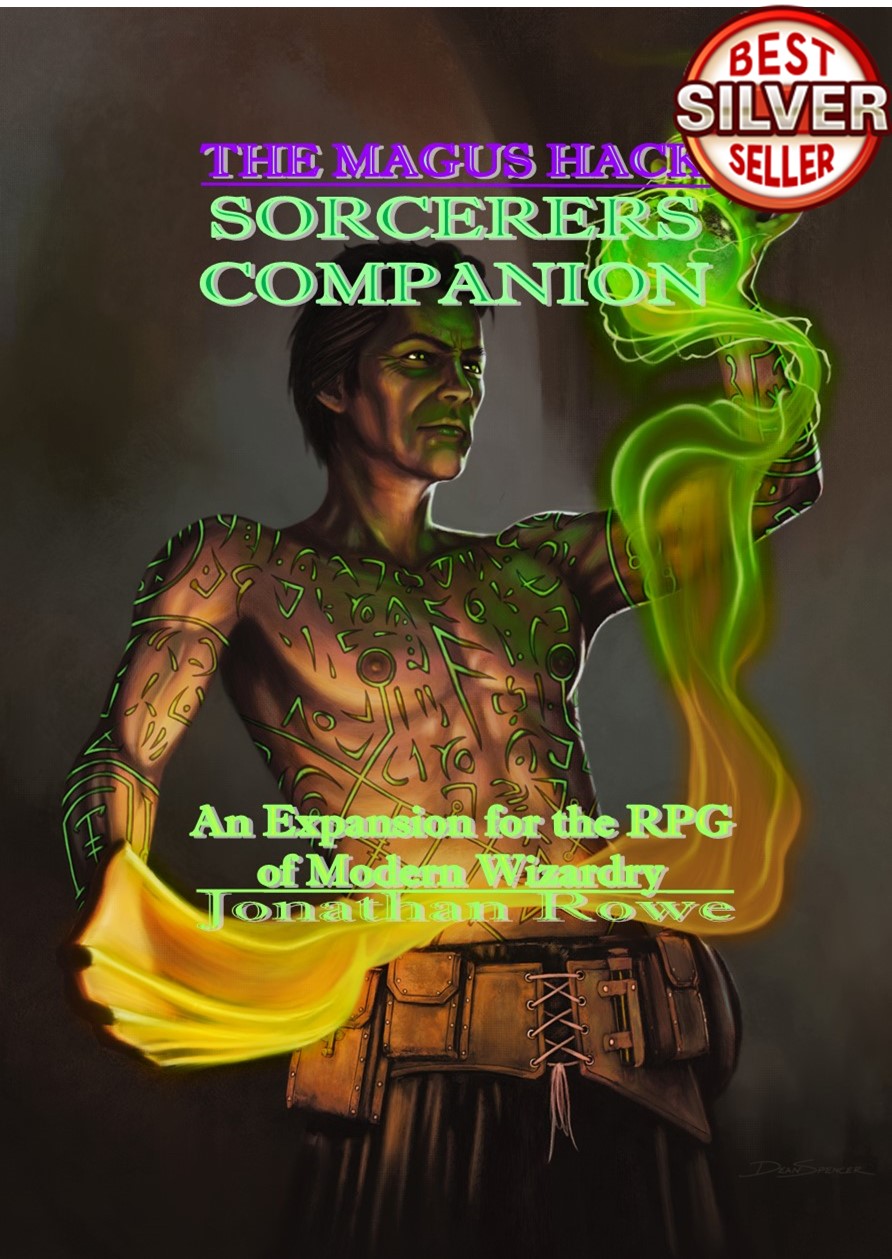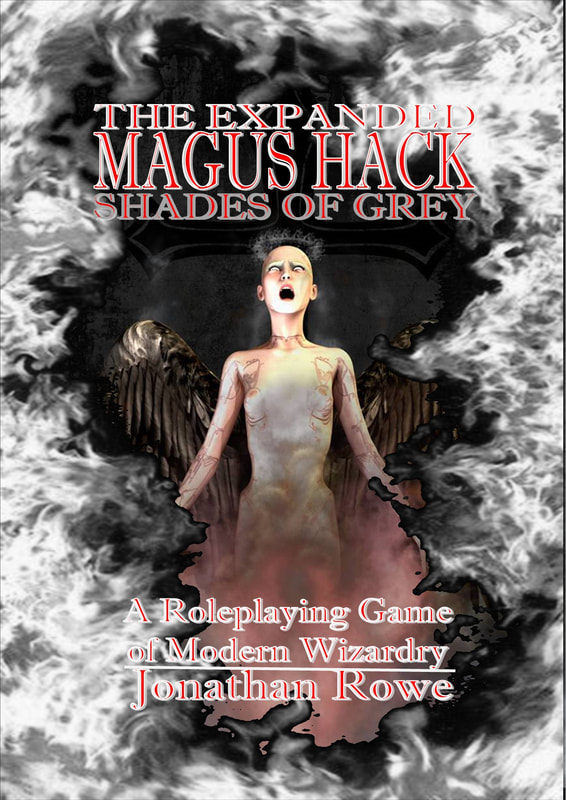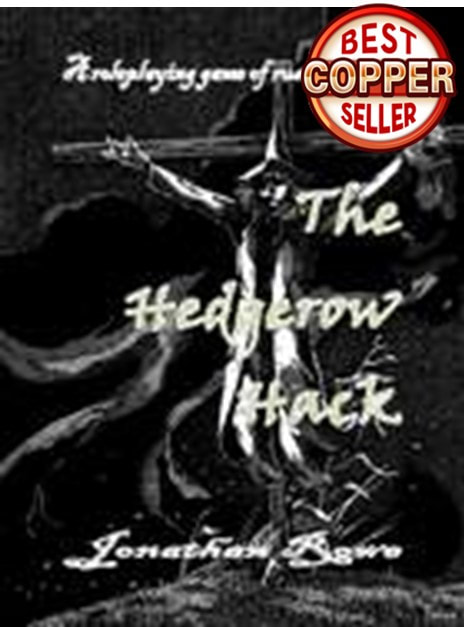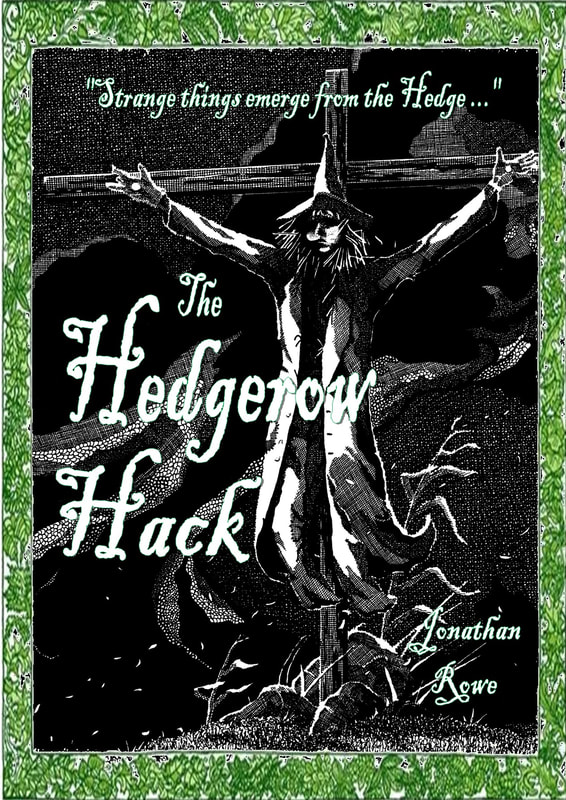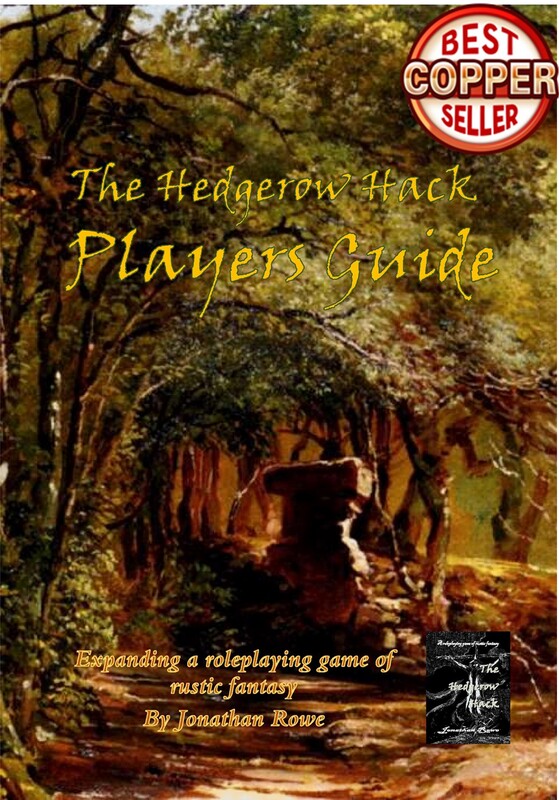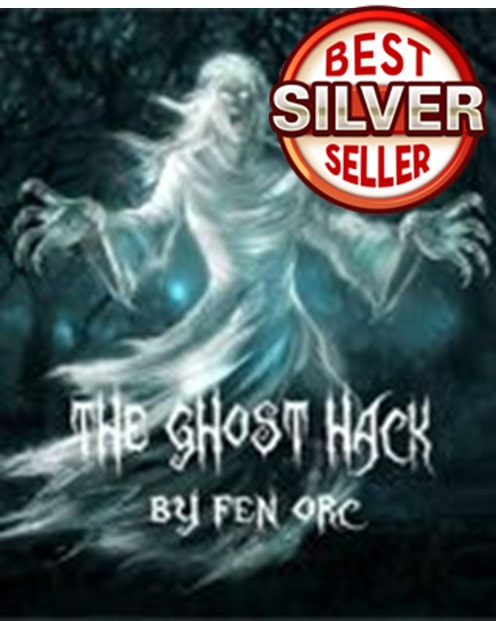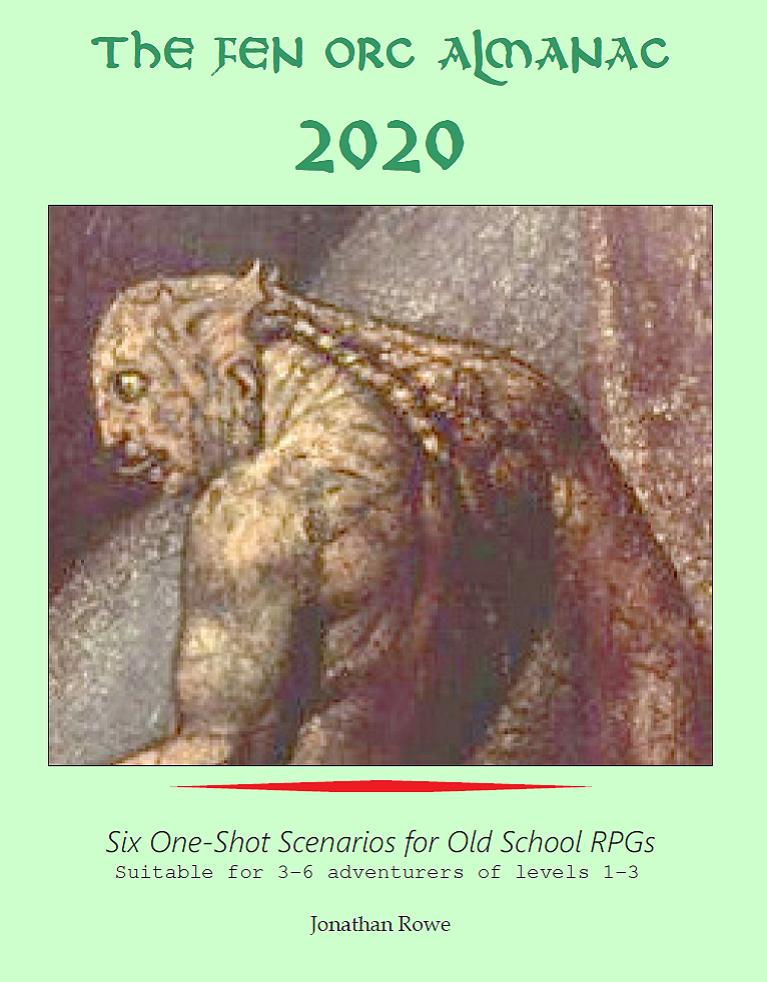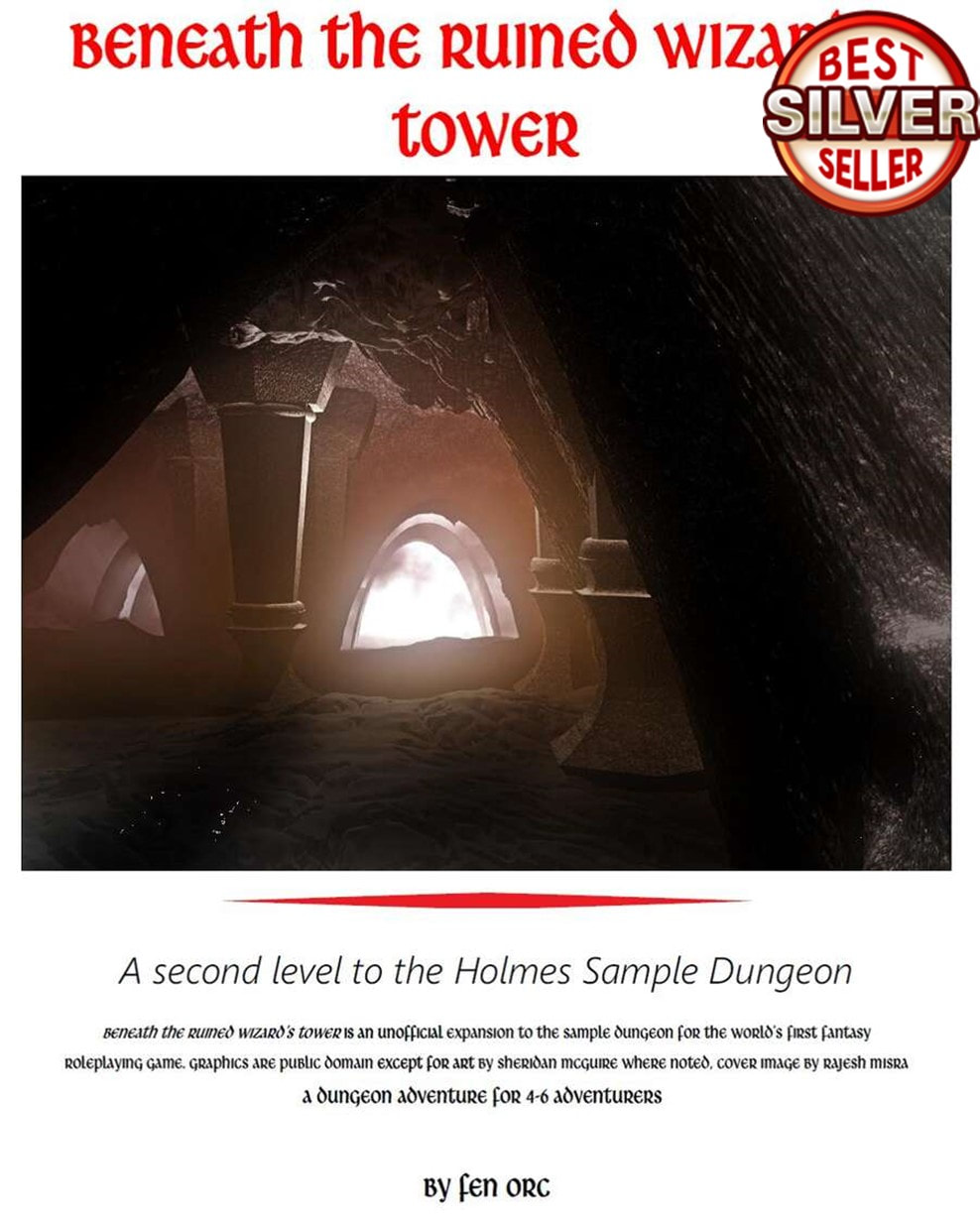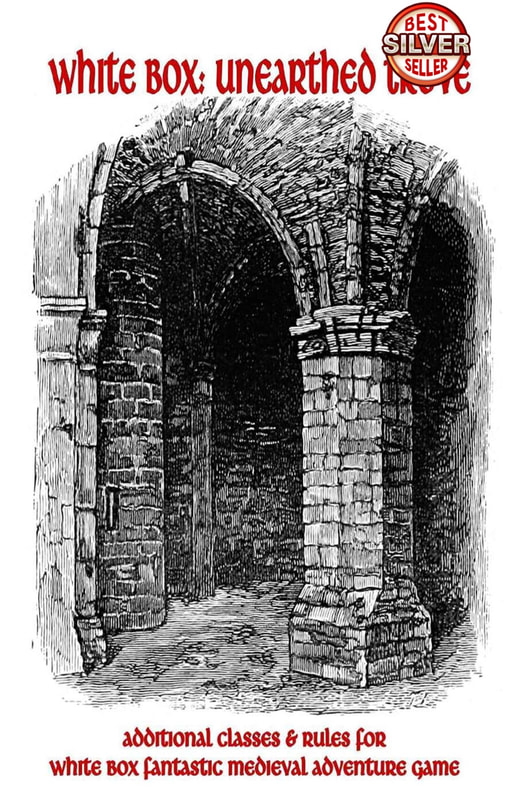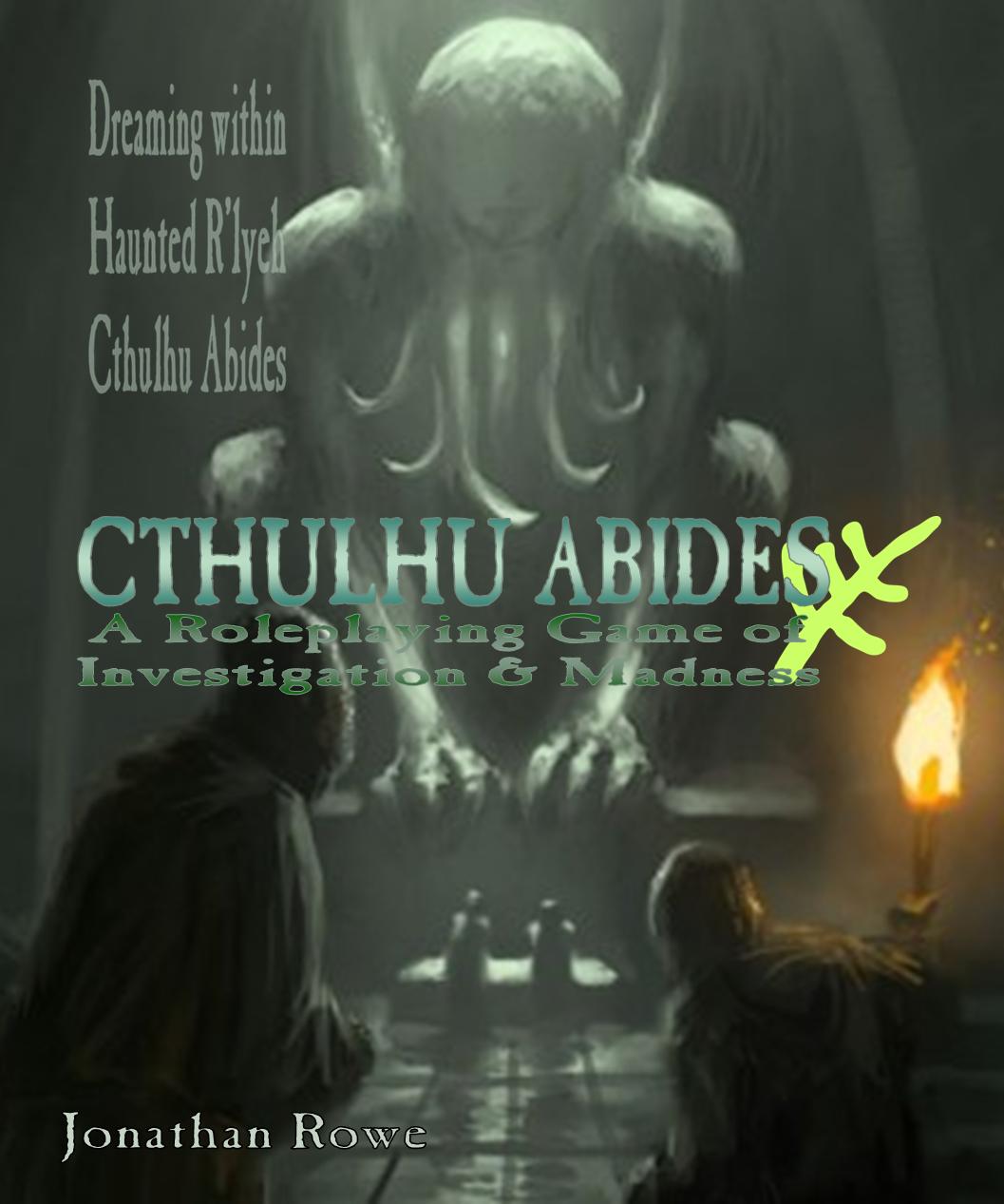|
The last blog outlined a plan to launch into Greg Gillespie's epic Barrowmaze megadungeon, but using the rules for '90s indie RPG Forge: Out of Chaos. Warning: Minor spoilers for Barrowmaze content ahead The Dungeon FodderForge character creation is a bit more involved than D&D, but not too much so. There are six Stats on 2d6 and each has a decimal value as well, rolled on a d10. Anything between 4.5 and 8.9 is in the 'normal, no modifier' range. My players excel at rolling really badly at Stats. Fortunately, skills and races will offset bad rolls slightly.
We wanted to avoid the 'psychotic gorilla' tropes about Ghantu, so Ng-Johnann is a landowner. He lives in a dilapidated mansion near Helix and owns the Stone Circle. In my twist on BM's setting, this site is sacred to Grom, the damned war god and creator of Ghantu and other monsterfolk. Grom's religion has been suppressed by the new Church of Enigwa in Helix and Ng-Johann has fallen on hard times. Adventuring might pay to repair his leaking roof (1000gp). By the way, the Ng-prefix is a Ghantu honorific, like 'Mister' or 'Sir.' I'm interested in whether the Ghantu cognitive deficit will play out like autism (a la Drax the Destroyer) rather than antisocial personality disorder. I want to emphasise the distrust and fear the Ghantu inspires in Helix, but also the respect from people who still venerate Grom or respect the strength he provides.
We decided to play Jher-em as Edwardian English gentlemen, like something from Wind in the Willows or Jeeves and Wooster, but with their distinctive phlegmy wheeze. "What-ho, cousin!" is their usual greeting, as well as "Tip-top, old chap!" and "Tally-ho!" The important NPC Ollis Blackfell has been recast as Jher-em as well as the mage Wiselaumas from Bertrand's Brigands. These conversations make for some merry interplay. I like to imagine that the Jher-em engage in banal pleasantries and conversation about the weather precisely because they are telepathic, so focusing on polite trivia is the best way of keeping other Jher-em out of your head!
I'm playing Kithsara as immensely cultured and rather cerebral creatures, but Tshu'a is in conflict between the civilised behaviours he learned in servitude and the barbaric impulses from his upbringing in the swamp. He also has to keep his magical talents hidden from the Church of Enigwa. It's been a long time since they burned a wizard, but if they start up again with anyone, it'll be someone like Tshu'a. Session One - First Foray to Find a Fallen PrinceThe town crier announces that young Krothos Ironguard hasn't returned yet from a foray into Barrowmaze. Ollis Blackfell wants to downplay the seriousness of the situation since the young prince often takes off with his friends to hunt or debauch. Nevertheless, a reward of 250gp is offered for his quick and safe return. The only other adventuring party in town is Bertrand's Brigands and they're nursing wounds after a run-in with Renata's Robbers at the Old Bridge. Our heroes meet up at the Brazen Strumpet and decide to beat the rush by hiking out to the Barrowmoor first thing in the morning. After a bit of mound-mapping, the heroes find the Great Barrow, but icy mists close around them and out of the murk stumble two undead warriors. Tshu'a strikes down one, but it reassembles itself instantly wherepon the other seizes the panicking Ghantu by the throat. Yes, these are Coffer Corpses, ported across from the old AD&D Fiend Folio. Not only do they throttle and terrify, but they also need magic to kill, so they're just about the worst thing that the daylight wandering monster table could throw out. Tshu'a uses his Ice Bolt spell to free Johann, who abandons his two-handed sword and flees. A second Ice Bolt demolishes the first undead, but the second corpse advances and Tshu'a is out of spell points. Everyone flees into the Great Barrow: Johann falls down the pit and knocks himself out and the other two hide from the prowling undead before descending to help the Ghantu recover with binding kits and healing roots. This was an electrifying start: full of eerie menace, then horror and the threat of Total Party Kill. The heroes are left at the gateway to Barrowmaze without spell power and resources depleted. After this brush with death, the party become super-careful and cautious. They map corridors and get their bearings before trying other doors. They set off a trap, loot some alcoves and hide when more wandering monsters pass by. They venture quite deep into Barrowmaze and find a magic weapon - hallelujah! - and when some Zombies march up they run away - right into the maw of a Mevoshk. A Mevoshk is a Forge monster I substituted for a comparable enemy in the dungeon. Mevoshks are fast and their venom paralyses; you suffocate within ten minutes unless a Brye Leaf is applied to the wound. Odwood is bitten immediately and starts to succumb to the venom. Another TPK looms, but Tshu'a pulls out the Vigoshian Herb he bought in town. It gives a temporary boost of Spell Points, but a permanent drain on your Intellect Stat. Tshu'a uses the SPTS to fuel Ice Bolts and then Johann chops the thing's head off with his big sword. The fight was observed by a band of hideous Mongrelmen who rejoice in the Mevoshk's death. Though paralysed, Odwood communicates telepathically with them. They want to retrieve their jewels from the monster's hoard, but offer Brye Leafs to save Odwood's life and they hand over some nice (but not the best) gems in gratitude for slaying the monster before they scuttle off. Did I fudge this? Well, yes and no. There was a successful wandering monster check from the noise of the fight, but I selected Mongrelmen as the encounter. The idea that the Mevoshk had been preying on them had been foreshadowed by tracks the players had been puzzling over. The exchange of a Brye Leaf for a small fortune in jewels seems like a good deal for the NPCs. No jury of my peers would convict me! The players decide to beat a retreat, but the Zombies are still blocking the way out. Tshu'a decides to burn those remaining SPTS on his Big Second Level Spell: Spark Shower. And boy, does that make a difference or what! The Zombies frazzle and the players escape ... but alas, no sign of Krothos Ironguard. Evaluating BarrowmazeEveryone was thrilled with this old school dungeon crawl and his keen to return! The Barrowmaze itself is intensely atmospheric: silent, dripping, cold, eerie. There's a tempo to things, with very frequent wandering monster checks and extra ones occasioned by any sort of noise. The players are pondering how opening doors can be made, if not quieter, then at least quicker. The dread of making noise grew as the evening advanced. So did the dread of staying too long in Barrowmaze and being caught on the Moors after sunset. After all, if you can meet Coffer Corpses in broad daylight, what abominations will you run into by night?!? Helix will take longer to make an impression, but some features established themselves as distinctive: the town crier, the expectation that adventuring parties will descend on the village as the Spring arrives, Ollis Blackfell as a sinister vizier, Bertrand's Brigands as (friendly, for now) rivals. The Forge setting manifested itself as the Church of Enigwa spying on people for signs of magic use. Evaluating ForgeThe players were delighted with the energy Forge brought to the tired tropes of dungeoncrawling. Forge has an action economy rather different from D&D/Labyrinth Lord. PCs are tougher, more resilient and more capable that 1st level D&D characters. There are resources to track and decisions to make about their use: do you apply binding kits to wounds? when is a good time to stop and repair armour? should you push your luck by using enhancing herbs? should you conserve your SPTS or burn them in a dramatic burst of eldritch power? In terms of character development, Forge doesn't have XP. Your main advancement is through getting money to improve armour and equipment, better herbs, more binding kits; mages need spell components or back-ups in case they risk 'pumping' their spells and it goes a bit wrong. Nonetheless, we realised that skill advancement is going to be painfully slow at this rate. This led to ongoing house rule tweaks. There's nothing wrong with Forge's slow advancement, but the characters do need to keep pace with D&D characters if they are not to be overwhelmed deeper into the dungeon. Essentially, beginning Forge characters function like 2nd level D&D characters in terms of resilience and combat odds - but they gain much less as they advance and advancement is slow. A Forge PC with Magic at level 2 is maybe equivalent to a 3rd or 4th level MU in D&D. A warrior with Long Sword 3 hasn't significantly advanced from their starting build, whereas in D&D a 3rd level Fighter is markedly better. What's interesting about this for me is that, where Forge gets noticed at all, reviewers like to condemn it as a D&D pastiche that brings nothing new to the dungeoncrawling experience (for example, here on BGG). Our experience so far is that this isn't true. Forge's little innovations add up to a gaming experience that feels very different from D&D. We'll iron out the creases as we go. But for now, we're delighted with the drama, mysteries and sense of dank, chill menace that Barrowmaze exudes and Forge is measuring up very well as an alternative rules set to old school D&D.
0 Comments
Back in the early-1980s, White Dwarf became the premier magazine for the roleplaying hobby. In America, Dragon reigned supreme in its support for D&D, but White Dwarf covered the whole hobby (more or less) and was unequalled for the quality of its journalism and contributions. There really were some fantastic scenarios for D&D and Runequest in particular, a brilliant column by Andy Slack supporting Traveller, a bestiary feature that inspired most of the AD&D Fiend Folio and great articles on campaign design generally. My favourite issue of White Dwarf (24) and the Fiend Folio, a sequel to the AD&D Monster Manual containing a mixture of monsters from TSR modules and the pages of White Dwarf. All things must come to an end and as White Dwarf moved into its 50s (in 1984) there was a perceptible dip in the imaginative temperature. Don't get me wrong: there were still some cracking scenarios to be published and most issues had a solid article or two, but it stopped being groundbreaking. The RPG companies were getting into gear supporting their own products with increasingly thoughtful modules and campaign settings. There was just less for a magazine like White Dwarf to do. Perhaps also, less consensus in the hobby over who it was primarily for. Ultimately, White Dwarf would turn into a showcase for Games Workshop's own products, but that was still a few years down the line. There was life in the old dog yet. One promising sign of continuing relevancy was a trend for scenarios for a new RPG: Chaosium's Call of Cthulhu, now a mighty industry behemoth but then a quirky outlier in the gaming constellation, pitching a roleplaying experience of dread, futility and, ultimately, madness and death in the world of H P Lovecraft's distinctive American Gothic. Call Of Cthulhu had been reviewed back in White Dwarf 32 (1982), with reviewer Ian Bailey clearly as impressed by the game as he was perplexed by how to make use of it (a common response at the time). He also observed that the game was "U.S. orientated and consequently any Keeper ... who wants to set his game in the UK will have a lot of research to do." The original Call Of Cthulhu RPG (the best cover too) and the White Dwarf issue that reviewed it - along with an excerpt from Ian Bailey's review Of course, since this was the Golden Age Of White Dwarf, it only took 10 issues for hobby maestro Marcus L Rowland to appear in the magazine, offering 'Cthulhu Now! - Call of Cthulhu in the 1980s.' The article grounds itself in an early '80s setting with an illustration of a punk studying a Job Centre noticeboard while a tentacled gribbly writhes up behind him! A follow-on article offered three contemporary scenarios: Dial 'H' for Horror, Trail of the Loathsome Slime, and Cthulhu Now! This opened the floodgates for White Dwarf contributors to submit a range of Call of Cthulhu material, including Cthulhu in space (The Last Log, by Jon Sutherland, Steve Williams and Tim Hall, from issue 56 in 1984) as well as Cthulhu in rural 1930s England (The Watchers of Walberswick by Jon Sutherland, from issue 50 in 1984) and Cthulhu in British Mandate Palestine (The Bleeding Stone of Iphtah by Steve Williams and Jon Sutherland, from issue 60 in 1984) . You'll notice Sutherland's name recurring? He was quite prolific in 1984! These early scenarios are typical for White Dwarf: they are concise but erudite, with a close attention to period and setting; they are thoughtful affairs, far removed from the pulpy excesses of Chaosium's own globetrotting campaign packs (like the epic Masks of Nyarlathotep, also from 1984 and closer in tone to a Bond movie than a Lovecraft story - a really good Bond movie spliced with Indiana Jones but pretty far from Lovecraft's cerebral interests). I suppose Jon Sutherland's efforts were attempts to take Call Of Cthulhu by the horns and deliver a narrative experience that feels like it really could be a horror short story by Lovecraft himself: very low-key but also, whatever their ostensible setting, very British. All this preamble is the context for me blowing the dust off White Dwarf #60 to run Sutherland's The Bleeding Stone of Iphtah on a group of three players over two evening sessions. Why pick this scenario? Well, it was used as the final scenario in the 1984 Games Day official Call of Cthulhu Competition and the introduction boasts that it provides "an interesting one-off session or addition to an existing campaign" - which sounds ideal for my needs. Next, the question of which rules set to use? That might sound odd, but post-CoC rules have proliferated recently and my respect for Sandy Peterson's imaginative achievement with Call of Cthulhu is only matched by my distaste for CoC's rules themselves, which are Chaosium's Basic Roleplaying system, with the addition of a diminishing Sanity (SAN) stat that spirals down to nothing as the Elder Nasties emerge. Lots of skills expressed as percentages, professions defined by skills and a lumbering combat system that manages to simultaneously make player characters too flimsy (any Mythos monster will squish them) and too tough (you have to shoot or stab someone several times before they fall down). The two contenders to replace CoC are Paul Baldowski's The Cthulhu Hack and Joseph D Salvador's Eldritch Tales. You can find both on drivethrurpg, but Cthulhu Hack is also available from the nice people at Zatu I've written about Baldowski's Cthulhu Hack before and, like most Hack games, it's great for pick-up-and-play. There are only two problems. One is that it tends more towards the pulpy action-adventure side of the CoC congregation and the other thing is that its Hack-derived mechanics don't greatly resemble classic CoC at all; both are problems for adapting the reserved tone and low-key assumptions of Sutherland's CoC scenarios. No, Salvador's game is the one I choose for this. For those who don't know it, it bills itself as Lovecraftian White Box Roleplaying. This means it takes the bare rules and conventions of Original D&D, especially the iteration known as White Box: Fantastic Medieval Adventure Game by Charlie Mason. Now, I fell in love with White Box when I attempted a long D&D-style campaign during 2020's Lockdown, so I'm excited by this. Mason's White Box is free (FREE!) on drivethruprg but a physical copy is stupidly cheap on Amazon too Eldritch Tales is a beautifully presented indie RPG product with evocative (and pleasingly amateur-style) art, fantastic layout, a delightful overview of the Lovecraftian milieu and careful explication of the (essentially simple) rules. Only the presence of a much-needed index would complete my bliss! The game invites you to create characters by rolling 3d6 for the classic six characteristics (Strength, Dexterity, Wisdom, etc.). Non-combat 'Feats' are attempted by rolling a d6 and you succeed on a 6 if your relevant characteristic is low (6 or less), on a 5-6 with ordinary characteristics and on a 4-6 of your relevant characteristic is 15+. Having a particular skill either adds +1 or +2 to the roll or lets you roll twice, choosing the best score - or sometimes both. So much better than faffing around with percentage dice. There are four character classes: Antiquarians, Combatants, Opportunists and Socialites. Within your broad class, you also roll or choose an Occupation that might give you particular skills, funds or possessions. Your Character Class gives you a d6 Hit points at first level (d6+1 for those hardy Combatants). Most weapons do a d6 damage (d6-1 for a thrown knife, d6+2 for a shotgun). Yes, every exchange of violence is potentially life-ending, especially as going up a level usually adds just +1 to your Hit Points. The levels only go up to 6th by the way. I think if your investigator gets to 6th level (with usually 3d6+1 HP), you should interpret that as the universe telling you not to push your luck any further. Insanity is a score that goes up during nerve-wracking encounters. If it ever gets to the level of half your Wisdom you gain a permanent insanity and if it ever matches your Wisdom you become a gibbering NPC. There are short-term shocks for people who fumble their Insanity saving throws (roughly 10% of the time) or gain 3 Insanity in one go (not that uncommon either once gibbous entities come calling). Two nice features of Eldritch Tales are the tables to roll up your Contacts (you have quite a few of these) and the table to roll up your Character Relationships. There are 20 of these suggestions, ranging from 'You are in love with another character (or their spouse or sibling)' through to 'You and another character witnessed something astounding.' These are so helpful for turning a bunch of numbers on paper into a team of investigators ready to risk life and sanity to investigate eldritch mysteries together. Past that point, Eldritch Tales is old-skool D&D: you roll saving throws and roll to hit Armour Class, there are familiar spells and monsters from the Mythos, you gain experience points from defeating the monsters or solving mysteries, you go up levels. The Bleeding Stone of Iphtah by Jon SutherlandThe scenario kicks off in Jerusalem in the 1920s, a time when the Palestine Mandate was overseen by the British Empire. It's a fantastic setting to launch any story - so good in fact that Kenneth Branagh (clearly also a fan of '80s White Dwarf) stole the idea to begin his recent film of Murder On The Orient Express. The PCs are Percy Goodfeather, a Gentleman Socialite who is searching for his vanished sister Darcy. He brings with him his university friend Howard Harris, an Australian Occultist Antiquarian: the two bonded when another friend disappeared, never to be seen again, during one of Howie's rituals in the college rooms. Percy's largesse helps fund Howie's growing drug addiction. They have been brought to Palestine by Joe Birdwell, an Opportunist Outdoorsman who knows the region and its peoples. Birdwell is secretly in love with Darcy Goodfeather, but he knew her as Dahlila de Gul, a torch singer and medium; he was an enthusiastic participant in her demimonde orgies until her strange disappearance. He has tracked her to Jerusalem, but not told Percy of his sister's double life. What's Going On? Actually, none of this is in Sutherland's scenario; these are incidents derived from Eldritch Tales' table of relationships and a few Tarot card draws to help brainstorm a plot. But I can tie it together
Start With Action The scenario starts with the PCs browsing a museum in Jerusalem when they are approached by a shifty Turkish gentleman named Lakey who wants them to take on a job for his boss, a businessman named Lotto who owns the Domino Club and is obsessed with antiquities. This is a run-of-the-mill CoC plot hook and the two NPCs are a delightful hommage to Peter Lorre's Ugarte and Sydney Greenstreet's Ferrari from Casablanca (1942). The sweaty grifter and the intimidating black marketeer Except that being led by the hand by a bunch of NPCs to a patron who explains why they have to go to a dig site in the Judean Mountains and chivvy along an archaeologist called Foster who has promised to bring back treasures for Lotto but has so far turned up nothing ... well, that's a slow start my friends. So instead we have Joe Birdwell see Darcy pass by in the street - and he jumps out of the window to give chase. Darcy is being stalked by dangerous looking Bedouins but when Joe reaches her she reacts without recognition. One of the Bedouins fires a gun at Darcy, but Joe is hit and Darcy takes off in a car while the street erupts in confusion. Percy and Howie arrive to find an Arab doctor treating Joe and warning them that the Bedouins were tribesmen or a cult called Pachalim (made up name but it'll fly) and very dangerous customers. A Side Plot Develops The PCs are supposed to take the job from Lotto and journey to the dig site at Iphtah, but my ad libbed side plot has taken over the story. Joe goes to find out more about the Pachalim from a contact - an Arab businesswoman nicknamed 'the Ibis' (for her pronounced nose). This vociferous widow with her melodramatic flights of insulting rhetoric quickly becomes one of my most beloved NPCs! Joe parries and feints and handles her beautifully and ends up shadowing a pair of Pachalim goons as they invade the seedy guest house where Darcy is staying. Joe gets knocked out when he tries to intervene but, waking as a prisoner of the Pachalim, learns that they are trying to stop 'the Forgotten' (almansiayn) from carrying out a ritual. Yup, they're the good guys. Joe is released, doped up with hashish, and stumbles home to the Domino Club. Percy and Howie have been pulling their own contacts, find out a lot about Foster and discover that the local gangs that Lakey buys drugs from have acquired new weapons in the form of Rot spells that do horrific things to their victims. When the three PCs visit Darcy's guesthouse the next morning, they find Darcy has moved on, but one of the Pachalim is there, dead from a Rot spell, and clues point to Iphtah where Prof. Foster is digging. Yes, this is me trying to re-direct things because this side plot has taken up the evening and we haven't even arrived at the location of the actual scenario. Journey To Iphtah The main scenario takes place at the dig site at Iphtah, where Prof. Foster is going mad. The Professor is using opium to keep the Yithians out of his head, but he's run out of drugs and thinks that Lakey (his supplier) is holding out on him. The PCs get to snoop around the site, spy on the erratic Foster and realise strange things are afoot, but this is a programmed scenario where the PCs have to be onlookers to certain events and no amount of roleplaying or researching will speed them up. In the middle of the night, Foster murders Lakey to get at the drugs, then overdoses himself. The PCs manage to stop the truck escaping with Lakey's corpse by shooting out a tyre. They are left at the dig site with no Lakey, no Professor but a mysterious red stone - the Bleeding Stone of Iphtah. This is where it gets creepy, because a bunch of Dimensional Shamblers show up if anyone tries to remove the Stone from the site without performing the ritual. I hide the Shambles in an eerie dust cloud (for extra creeps) and use them as silent sentinels who murder the Arab labourers to establish their monster bona fides but otherwise leave the PCs to explore. There's a buried shrine to be found and opened and the Stone has to be 'bled' inside a pit to power up the ritual and then ... err .. and then ... ah, well, that's about it really. The PCs are free to leave. Perhaps suspecting that things could turn out rather anticlimactic, Jon Sutherland suggests a raid by snooping Bedouins and I've already set up the Pachalim for exactly this sort of work. The PCs end up stuck in the shrine with the Pachalim outside with rifles in a tense standoff. Then Howie the Antipodean Antiquarian leads the charge, shoots the Pachalim sheikh dead, but is riddled with bullets himself. Percy and Joe shoot their way to safety and the Shamblers disembowel the fleeing Pachalim. Percy and Joe get to leave the site, supervised by the silent Shamblers. And that's, kind of, where it ends. The scenario doesn't make it clear just how the ending is supposed to go down. My players decide to return the Stone to Lotto and continue their pursuit of Darcy. They are unaware of the role they have played in facilitating the arrival of the Yithians by performing the ritual. Evaluating the Scenario and Eldritch TalesThe Bleeding Stone of Iphtah is a rather slight affair. In fact, all of Jon Sutherland's 1984 scenarios are oddly muted. I think they were written in deliberate contrast to the gangbusters style of American CoC material, to be atmospheric, unsettling and cryptic, rather than kinetic, deadly and cosmic in scope. In all of them, the Mythos is a marginal force, largely operating off stage. The PCs spend most of their time exploring a realistic but evocative location, then at the very end there's a Mythos intrusion. The central problem is that there's no way for the PCs to understand the significance of what's been going on or their role in it. Now, in an ongoing campaign this is acceptable - further down the line, the PCs might uncover information which casts a revelatory light on the goings-on at Iphtah and realise that, by performing the ritual, they brought the Yithian-apocalypse a dread step closer. They might then understand why Foster was taking drugs and why the Shamblers appeared to stop them leaving with an un-bled Stone. But as things stand, there's no way to learn any of this - and this was a scenario, you will recall, billed as "an interesting one-off session or addition to an existing campaign." One wonders what the contestants at Games Day '84 made of it. I know some people will retort that Lovecraftian roleplaying is supposed to be mysterious and it's a good thing, not a bad thing, if a scenario leaves players puzzled and disquieted. Yes, that's true, I suppose, but my taste is more for a scenario that places the players in positions of at least partial knowledge. Too much of Iphtah was meaningful only for the GM, even with my improvisations. But these are minor gripes and I should perhaps essay another Sutherland scenario - perhaps the well-received Watchers At Walberswick - before forming a judgement on his output. Eldritch Tales served us very well and is now my go-to RPG rules set for Coc material. I was pretty generous in handing out experience points for roleplaying (and why not? the roleplaying was stellar!) and of the two characters who survived, Percy reached second level (losing some Insanity and gaining that precious extra Hit Point) with Joe just missing his level-up. I'd love to dust off a larger campaign pack - perhaps Shadows of Yog-Sothoth - to run using Eldritch Tales. However, I became very aware of how flimsy Eldritch Tales PCs are compared to CoC: every gunshot or knife wound is potentially lethal. Perhaps swashbuckling Cthulhu Hack would be a better fit for those pulp-y Chaosium campaigns? But for the studious and low-key Call Of Cthulhu scenarios that White Dwarf and Jon Sutherland were publishing in the mid-1980s, Eldritch Tales is ideal.
In the last post, I described how my Magus Hack campaign took a strange turn as I staged a Total Party Kill by getting the players to roleplay the villains and defeat their own PCs. That ended with sole survivor Edgar Raven, a time traveller, detonating a temporal grenade that hurled him into a different timeline where the PCs were still alive but ... different. 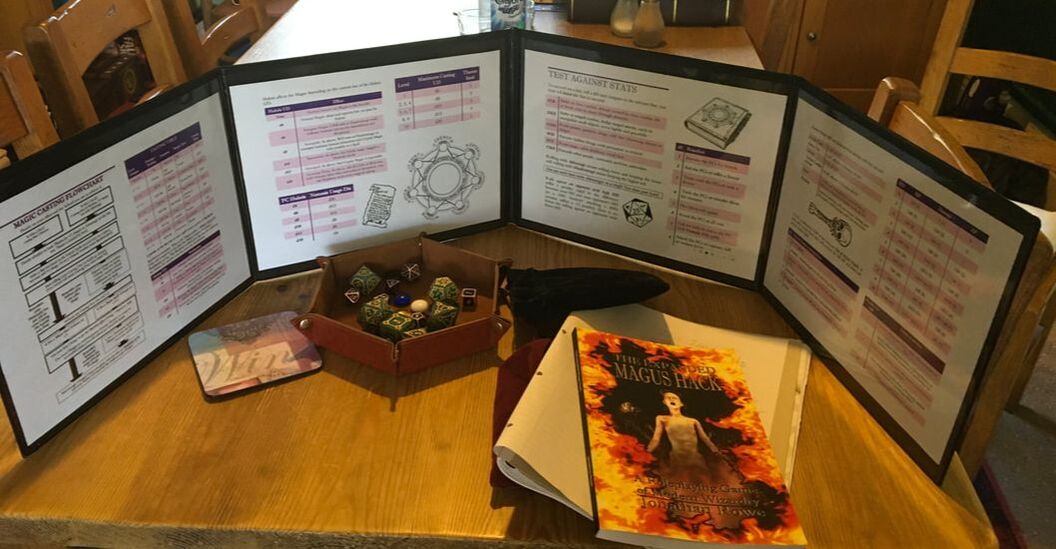 Garrr. My lovely GMs screen from drivethrurpg didn't turn up in time for the session, but it would have looked like this, with the Magus Hack inserts. Yes, it's a multiverse-themed session where the players get to roleplay alternate versions of themselves in an alternate setting. My hope was that this experience would deepen everyone's roleplaying before the alternates replace (or somehow merge with) the original characters in the original timeline. Will that happen? Let's find out. I didn't want this to be another game where the players were simply handed pre-generated characters, so there had to be meetings beforehand to discuss these variant-PCs, so that they would represent possibilities for the original characters that the players were interested in pursuing. Alex (playing Luke) wanted his variant to be an active Magus in this timeline, but a fugitive on the run from the world's angelic overlords. This was an opportunity to play a more focused version of his original character. Oliver (playing George Smith, now George Smythe, MP) wanted his variant to be a Magus who had renounced his magic and was now a successful politician, helping the angels rule the world after the 'Crusade' to defeat the Fae. Karl (playing Bobby Kimber, now Rob Banques) wanted his variant not to be a Magus at all, but an ordinary human, unaware of his magical destiny, living a family life in the 'Heaven On Earth' the angels created. Alec (playing time-traveller Edgar Raven) has the mission to track down his old friends and reunite them as Magi again. No small task, especially as the world is now ruled by benignly fascistic angels who have banned magic. His first clue about the sort of world he is in is seeing that the sexy angelic NPC Genevieve whom he knew in the original timeline is here a TV presenter of a daytime show Just Genevieve that helps mortals acclimatise to a world where their rulers - and lovers! - are angelic beings. Where Angels DareThis new timeline needs a bit of background. Here, the Fae Insurgency during the 20th century turned into an outright invasion in the 1970s. Magi fought back against the trolls, hags and sidhe knights that emerged from Hades and Britain became the cockpit of a decades-long battle between mortals and immortals. No one knows who invoked the Host of Heaven, but at the start of the 21st century angels turned up to fight alongside the Magi in what became known as the Cleansing Crusade. The tide of battle turned. The ettins were toppled, the goblyns routed and the portals sealed. The Fae and their blood-soaked altars were banished once again. The Host of Heaven stayed to rebuild a shattered world. Magic was blamed for the Fae's arrival and deemed to dangerous for mortal use. Many Magi, exhausted by the Crusade, signed the Book of Renunciation, giving up their magical powers in exchange for peace and security. The great shock was the revelation that Thanariel, the angel of death, who had fought the Fae in Hades, had been a traitor all along; in fact, Thanariel was blamed for bringing the Fae into this world in the first place. The death-angel was consigned to Perdition and the Magi who fought under his Tattered Banner were hunted down. Without the angel of death, the world is transformed. Humans no longer die. This has been greeted as Heaven On Earth. Angels remained on Earth to oversee this new order. Increasingly, the trappings of democracy are being discarded; why vote on things when Heaven knows best? Another feature of this new way of living has been the growing number of marriages between mortals and angels. Not just marriages either: the new Ministry of Pleasure helps mortals adapt to their death-free lives and offers erotic therapy for the confused, the lonely and the anguished. The Love of Heaven is taken very literally by the angels of the Ministry. Not everyone is comfortable with these changes. The children born to angel/human relations are the Nefilim and some of these are now reaching their teens and showing disturbing traits. Meanwhile, mortal fertility is dropping rapidly: knowing they will not die, people are less motivated to have human children. The promise of life without death is not all it seems. Mortals still age, still get sick, still experience dementia and derangement - but they cannot die. The experience can be horrific. The Akkadians are angels who take custody of these poor souls. There are rumoured to be vast camps in the north where the Un-Dead are kept. Some escape the Akkadians are terrorise their communities as they humanity ebbs, replaced by rage and madness. The Akkadians are hard pressed to track down and capture the rogue Un-Dead. Some of Thanariel's necromancers survive, living a hand-to-mouth existence in the backstreets, sewers and subways of London. Their magic can grant True Death to the suffering and bring final peace to the Un-Dead. While the Akkadians are too busy to attend to every Un-Dead maniac, they are always alert for displays of forbidden magic and hunt down the necromancers with zeal. Character Profile: Luke - Choose Death, Not LifeYou fought in the Cleansing Crusade: alongside Thanariel, you hunted down the cannibal Redcap gangs and set the wicker giants ablaze. You travelled to the Underworld and helped Thanariel close the Portals to Faerie. Then, Thanarial was condemned. Most of your comrades Renounced their magic or were sent to Perdition, but you went underground, literally, and now live below the streets and in Hades, in the company of the few remaining dead souls. Luke's hideout in the abandoned underground station at York Street, near King's Cross You are a black market euthanist, bringing the gift of Death to those who no longer want to live in Heaven On Earth – or to the un-dead monsters such souls turn into now that the gift of True Death is denied. Watch out for the angels of Akkadiel, the lord of Perdition, who hunts down the rogue dead and sends them to his camps. Character Profile: George Smythe, MP - the New StatesmanYou fought in the Cleansing Crusade alongside Longinus and Albanus. You were there when Gawain set the Thames ablaze; you liberated the sacrificial pits of Pinner; you watched the last Portal close, sealing the Fae away forever. After that, it was confusing. You placed your name in the Book of Renunciation and were compensated for your lost magic with wealth, privilege and political power. After the Crusade, you became a MP for the (rebranded) Grail Party, promoting Heaven’s rule on Earth with traditional British values. Sometimes it’s hard to get the angels to appreciate democracy and habeus corpus. Your angelic intern Lucian is invaluable for this. You are trying to quit bad habits: smoking and drinking. Your pleasure therapist is an angel named Mimsiel (‘Mimsy’) who helps you unwind, especial after the recent death threats. Character Profile: Rob Banques - Another Day in ParadiseYou're not a Magus but you remember London under the Fae: a terrifying place of burning wicker-men, cannibal Redcap gangs and elven warlords. How much better things are after the Cleansing Crusade, with Heaven in charge. You live in an elegant apartment block, Paradise Spire, in East Croydon, just two minutes from the train station. You married an angel, Lindariel (or ‘Linda’). You can’t imagine how you got so lucky, because Linda is beautiful, successful and an Under Secretary in the Ministry of Pleasure. She works long hours and you are a house husband. You have three 'nefilim' children together: Molly (5) and the twins Jacob and Isaac (3). Linda is very attentive to the twins development but you can’t help feeling she neglects Molly. You’ve recently hired an au pair named Jane to help hot house the twins. How It All Went DownThe session was necessarily constructed from three different plotlines (one for each of the characters above), with time-travellers Edgar Raven as the link. Raven used scrying magic to locate George Smythe then teamed up to help Luke lay to rest an un-dead predator terrorising the residents of a Deptford apartment block. Having convinced Luke to help him, the two went to confront Rob, arriving just as Rob was activating his own magical powers. Meanwhile George Smythe had recovered his magic too, but drawn the attention of an angelic Akkadian who beat him to death (if that were possible in this world) and abducted him. That's a blunt re-telling, but the point of this session was in the exquisite roleplaying touches that brought these characters to vivid life and delved deep into the source and nature of their magic. LukeLuke's story follows the beats of urban horror. Luke is a fractured, haunted person for whom the city is a gauntlet beset on all side with supernatural terrors. He visits the Foundations, the pit where Shard Tower once stood which is now a war monument. For the tourists, the Foundations is a multimedia-assisted descent, commemorating the heroes and martyrs who gave their lives to rid the world of Fae. For Luke, it is a graveyard where even the ghosts of his friends have been banished, their memories distorted. The Anathema is a site dedicated to the treachery of Thanariel, an Orwellian focal point for public hate, but Luke remembers the death-angel differently and is filled with futile rage at this rewriting of history. Determined to find relief through action, Luke heads to Deptford where a rogue Un-Dead is troubling the residents. He interviews the grieving wife who watched her husband deteriorate with brain cancer but could not bring herself to commit him to the Akkadians and their sinister asylums. Luke stalks the un-dead sufferer through the basements and this is where he meets Raven, who had been following him with scrying magic. The two of them overpower the un-dead husband and use magic to bring him the relief of true death. In roleplaying Luke, Alex brought out a sense of purpose and a theme for his magic that had been missing up till now. The first meeting of Luke and Raven was roleplayed rather beautifully, with Luke becoming fascinated by the prospect of another timeline where the tragedies he has lived through have not yet occurred. GeorgeIf Luke's story was urban horror, George's tale unfolds as personal tragedy. George Smythe, MP cannot focus on his job. He has just delivered a car crash interview, stumbling through a half-hearted defence of the forthcoming legislation to ban alcohol and cigarettes and restrict licensed recreation to that offered by the Ministry of Pleasure. His angelic secretary Lucian is always at his side, but George only wants to escape to somewhere where he can smoke, drink and remember. Down in the street below, a strange beggar is staring up at George's window. George cancels his appointments and insists on visiting the Foundations, but takes no comfort from the carefully-cultivated memorials and skewed historical perspectives on offer. There is footage of himself as a younger man, a warrior and a hero. Instead, George goes to Claridge's in Mayfair; the hotel is now owned by the Ministry of Pleasure. George is supposed to attend erotic therapy with Mimsiel, but uses the opportunity of being free of Lucian (whom he now views as his gaoler) to escape to the roof. Alone at last, he drinks and smokes and contemplates the drop. Down below, the beggar is looking up at him. The figure beckons. George steps from the roof and falls. In roleplaying George, Oliver brought a sense of immense personal pain to the previously stoic character. The fall was a moment that captivated us all, especially as it echoed George's previous death in the original timeline. The 'beggar' is George's magical essence, an expression of his psyche's need to be whole again. The fall, like that of the Fool in the Tarot deck, is a step into new possibilities: in this case, resurrection. George Smythe is a Magus again and, more importantly perhaps, experiences a dramatic montage of his own past as the guardian spirit of the British Isles, confronting invaders and oppressors as far back as the Ice Age. Exulting in his power, George sends a banner of fire across London, serving time on the Hosts of Heaven. The nemesis is quick to respond: his Akkadian handler arrives, a powerful angel in a double-breasted suit. George is defiant and pulls the sword of Calad Bolg - Excalibur! - from his own heart. The angel smashes George to the ground and drags him away, but the sword is left gleaming in the shadows, thrust into the paving stones and immovable. RobUrban horror, violent tragedy and now domestic psychodrama. Rob is a house husband, experiencing sexual difficulties with his beautiful angel wife Linda. While taking the children to the park, Rob is belittled by another parent and stresses over the shortcomings of his daughter, Molly, who is overlooked by everyone in favour of the startlingly precocious twins, Jacob and Isaac. Things become more stressful when the new nanny arrives, a woman named Jane for whom Rob conceives a powerful (and powerfully reciprocated) attraction. Determined to straighten his head, Rob goes looking for his missing cat, Kimber. His neighbours on the floor above have disturbing news: they have discovered the dead cat's body and the animal died in torment, having been ritually slain. When Rob gets home, his wife has returned and reacts to Jane with barely-concealed hostility. As she leaves, Jane tells Rob something he can make no sense of: that the twins belong to Linda but Jane is his alone. Rob drinks too much wine while preparing supper. He is waiting for an episode of Just Genevieve with a focus on men who are intimidated by their angelic spouses and cannot perform in bed. When Raven and Luke arrive at the door, Rob won't listen to their crazy stories. While Linda is hot-housing the twins with high-level mathematics, Rob picks up Molly, steals Linda's key and unlocks her study - the only part of their home he has never entered. The study is a prison cell. The prisoner, crouched in the darkness, is masked and chained. Rob understands at once. This is his Magus-potential, that his angel wife is keeping from him. Molly is the key. Before they stole his memories, he was the Beast who fought Heaven and Fae with equal ferocity. Yes, he killed his own cat: his subconscious trying to tell him what he is. Rob kisses Molly tenderly, tells her he will see her again and unleashes his magic. In roleplaying Rob, Karl brought mounting panic and anxiety to these domestic turmoils. Many of the scenes were fluently improvised and his final confrontation with Linda over the children (and her favouritism of the twins) produced a powerful sense of a dam about to break. The final reveal - that Linda is his gaoler rather than his wife but his powers can only be reclaimed by sacrificing the existence of the daughter he loves - came as a bombshell. Where Next?George is a brain-damaged prisoner of the Akkadians, who are whisking him away to the North Sea Asylum in Lincolnshire. Excalibur is waiting to be recovered from a Mayfair mews. Lindariel has fled with the Twins - doubtless to create trouble for Rob. No one got to watch Genevieve's episode on sexual dysfunction, but will the Magi confront her anyway? They suspect she is the same Genevieve they knew in the original timeline. What's going on in Hades? Where is Thanariel? What's happening at the North Sea Asylum? The story continues in a fortnight.
Ah, the Total Party Kill. In classic Old School gaming this happens when a wandering monster roll generates something the party just aren't equipped for - or after a succession of hilariously dismal rolls. In roleplaying Meme-lore it happens when a frustrated GM unleashes Cthulhu in Power Armour on recalcitrant players.
My favourite solution is to let my players roleplay the bad guys for a session and engineer their own destruction. This achieves a number of things. You get an extended cut-away where the events behind-the-scenes are revealed: we get to see the villains, their relationships, their powers and their motives, all represented sympathetically. Yes, the players will learn some campaign lore that their characters don't know, but I've always found my players quite capable of managing that distinction. The players also get a thrilling holiday from their own characters. They get to play powerful NPCs with dramatic abilities and - and I think this is crucial - they get to use those abilities in an unrestrained way. Playing your own character is a fraught business and you always worry: should I exhaust that die? should I make that Hubris roll? is now the time? am I doing the right thing? In a villain cut-away episode, you don't suffer these anxieties. You have a pretty tight focus (destroy the heroes) and you cheerfully throw everything you've got into that task. There's something pleasing about seeing your own characters as NPCs - seeing them the way they look to the people who are normally NPCs. Perhaps most importantly, it allows something very bad to happen to treasured PCs without a feeling of powerlessness and victimisation. The players (if not their Player Characters) are still 'winning' even as they destroy their own PCs. And of course, they might not succeed. I'm offering the handouts used in the game, which might interest you if you like reading up on developed NPCs and plotlines in other people's campaigns - or if you're curious about the sort of characters a game like The Magus Hack throws up - or if you're looking to 'poach' some NPCs for your own modern wizardry games. The Story So FarThe PCs are a group of street-level Magi who have taken over the sanctum of their old mentor: Babylon Tabernacle is an invisible airship tethered to the roof of a South London tower block where Pastor Zep once invited the homeless to make their home. The Babylon has the TARDIS-like property of having more space on the inside, such as a dungeon that once held the chained and masked Nazarene. It was home to Pastor Zep's angelic lover Genevieve, before she abandoned this dimension as a doomed timeline. There's a working forge, occult library and a window viewing other worlds and timelines. The Player Characters are:
The Villainess: MorguseMorguse leads a cadre of junior Magi known as the Circle of Air & Darkness. Rather than being traditional Magi, these agents are people Morguse has bestowed a Fae soul: instead of gaining Hubris, they become more Fae and less human.
Elois is a one-time folk singer and one of the first to be recruited by Morguse, first as a lover, later as an agent. She still adores her mistress. Elois was almost killed in the destruction of the British Museum but restored by Morguse. However, she still bears disfiguring scars and is the most Fae of the agents, with crystalline scars across her body and eyes of smoking helium. Her specialism is in Charm and Divination, which she uses to raid, remove and alter memories. Roleplaying traits: You are suffering physically and spiritually and this expresses itself in impatience, aggression and acts of pointless cruelty; seek to impress Morguse by being just like her: imperious and cold. Roleplaying magic: You used to sing your magic, but now your Hallows manifests as a shrill screech that tends to crack glass and trigger nosebleeds. Your crystal scars glow and spread and similar crystal veins appear briefly on your targets. Anyone targeted by your magic experiences intense cold and lasting numbness. STR 9 DEX 13 CON 10 INT 11 WIS 15 CHA 15 LVL 5 HD d6 19hp HALLOWS d8 FAE d10 MunDmg d4 MagDmg d8 CHARM d10 DIVINATION d8 ABJURATION d4 Fluid Caster: You can combine Divination/Charm in magical effects without any penalty. Magical Affinity (Memories): You only exhaust Casting Dice rolled for magic effects involving memory-manipulation on a 1 (1-2 for Major Spells, Minor Hexes never exhaust). Magical Focus: Gain +2 free charges toward Duration. Mentor: Morguse Orkades is a powerful Magus who guides your advancement. When you gain a level, you can choose an extra Virtue instead of rolling to improve your Stats (factored into your current build). Opaque: Roll with Advantage to avoid detection by guards or surveillance cameras. Warded Bones: Powerful Wards are painted as tattoos; you are automatically considered to be Warded against magical detection or scrying at all times with a Power 8 (so 3rd level PCs must put 5 extra charges into such magic). Words of Pain: You can use CHA to make attacks against an opponent who can hear and understand you, inflicting Magical Damage and incapacitating (but not killing) opponents brought to 0 HP Einar is the most human of the Circle, an amiable Swedish giant of a man. It’s no secret that he loves Elois but his feelings are unrequited: she only cares for Morguse. Einar is a formidable hand-to-hand combatant but doesn’t like to advertise it and often gets into conflict with Milena who is willing to use violence to solve most problems. He uses his Abjuration and Summoning magic to ward and bind creatures, especially Fae spirits (which he calls ‘trolls’) who build useful devices or jinx enemy equipment. Roleplaying traits: You are slow to anger and good natured in the most extreme situations. Threats to Elois might rouse you to fury and Milena is uniquely able to get under your skin. You feel immense pity for Elois and Guyon, who you see psychologically disintegrating, and you do what you can to keep them human. Although you dislike violence, you believe that once a fight is started, it must be won at all costs. Lowell and Rufus both died at the Museum and you are processing your grief slowly; it might manifest itself in a titanic rage. Roleplaying magic: You trace runic symbols (your Hallows) on things using chalk or an etching knife or place rune-inscribed stones on or around targets. These runes then imbue the target with powers or summon trolls into objects. STR 15 DEX 13 CON 15 INT 9 WIS 11 CHA 12 LVL 5 HD d8 25hp HALLOWS d8 FAE d6 MunDmg d8 MagDmg d4 SUMMONING d8 DIVINATION d6 ABJURATION d8 Amiable: Roll with Advantage on Reaction Tests, treat Fae as one lower for interacting with humans. Anti-Magica: When you Dispel or undo another magical effect, each charge you expend to increase Power creates +2 Power. Moreover, you always Test at Advantage to undo other magic. Field Medic: While resting, heal another character for 1d6 HP Hardy: Roll with Advantage to resist drugs or poison. Mentor: Morguse Orkades is a powerful Magus who guides your advancement. When you gain a level, you can choose an extra Virtue instead of rolling to improve your Stats (factored into your current build). Mystic Armour: You have magical protection: roll your largest Casting Die and gain AP equal to the result (the Casting Die does not exhaust when doing this). You can re-roll the Die and replace your AP whenever you rest (just like normal armour). Shaman: Gain +1 automatic charge on casting rolls to summon or bind spirits or enter the spirit world. Warded Bones: Powerful Wards are painted as tattoos; you are automatically considered to be Warded against magical detection or scrying at all times with a Power 8 (so 3rd level PCs must put 5 extra charges into such magic). Milena Sokolova is a former Russian assassin and the most dangerous member of the Circle, being skilled in knife-fighting and firearms as well as surveillance and intrusion. She uses Evocation, Alteration and Divination to teleport through shadows or manipulate shadows as illusions or assailants. Roleplaying traits: You are the consummate professional killer, unphased by violence and anticipating betrayal all the time. The emotional toll of your work expresses itself in your drinking (vodka) and smoking (Sobranie Black Russians). You despise Guyon for his filthy hygiene and lack of professionalism. You anticipate being called upon to kill Elois when she becomes too Fae. Before you do this you will tell her that you are Morguse’s new lover. You respected Rufus who was killed by the mummy’s warriors at the Museum; as a professional courtesy you will avenge him and the Magi of the Babylon Tabernacle are mostly to blame, especially George and Bobby who sealed them off. Roleplaying magic: Your Hallows always involves shadows: stepping into them, casting them, summoning things made out of them. Your own shadow frequently misbehaves, taking on forms that represent your true feelings or monstrous intentions. STR 14 DEX 15 CON 13 INT 11 WIS 12 CHA 12 LVL 5 HD d8 24hp HALLOWS d6 FAE d8 MunDmg d8 MagDmg d6 ALTERATION d8 DIVINATION d8 EVOCATION d6 Athleticism: Roll with Advantage when jumping, climbing or swinging. Fluid Caster: You can combine Alteration/Divination (e.g. teleporting) in magical effects without any penalty. Illusionist: When you create illusions (using Alteration or Charm), you make the Casting Test at Advantage and the Power is your Level +2 for purposes of resisting magic that sees through them. Iron Will: Roll with Advantage to resist mind or emotion control. Magical Focus: Gain +2 free charges toward Damage. Mentor: Morguse Orkades is a powerful Magus who guides your advancement. When you gain a level, you can choose an extra Virtue instead of rolling to improve your Stats (factored into your current build). Surprise Attack: Your first attack in combat inflicts twice as much damage if it hits. Warded Bones: Powerful Wards are painted as tattoos; you are automatically considered to be Warded against magical detection or scrying at all times with a Power 8 (so 3rd level PCs must put 5 extra charges into such magic). Guyon Prosser is a Welsh gangster and bare-knuckle boxer whose constant crude joking belies a deranged personality. He uses Alteration to change his own form into animal shapes, especially wolves. Increasingly, he spends his time in wolf form and his personal hygiene and dietary preferences reflect this deterioration in his psyche. Guyon nearly died at the British Museum. When the roof fell in, he survived by eating the corpse of Lowell and absorbing his power of invisibility. Guyon hasn’t told anyone about this but is wondering if he should eat other Magi too. Roleplaying traits: You are a foul-mouthed and offensive character who delights in disgusting other people, especially the uptight Milena and the gentle Einar. Elois frightens you, so you behave better around her. Become a wolf at any opportunity or behave in a wolf-like way even in human form. You no longer use cutlery or toilets. You’re thinking of abandoning clothes soon. You like to urinate on things you find attractive or interesting. Weirdly, this includes Einar. Roleplaying magic: Your Hallows takes the form of lycanthropy and mostly involves shifting your own body into animal forms or behaving in an animal-like way (growling, howling, biting, urinating on things) or manifesting animal abilities. STR 16 DEX 14 CON 14 INT 8 WIS 9 CHA 9 LVL 5 HD d10 30hp HALLOWS d8 FAE d10 MunDmg d6 MagDmg d8 ALTERATION d10 SUMMONING d6 DIVINATION d6 ABJURATION d4 Animal Whisperer: Roll with Advantage when dealing with animals. Brawny: Roll with Advantage when you have to lift or break heavy objects or engage in wrestling or fisticuffs. Burglar: Roll with Advantage to pick locks or disarm traps. Criminal Contacts: You have ties to the criminal underworld, represented by a d6 Usage Die. You can roll this UD to obtain illegal goods, pick up information about crimes or criminals or to talk your way out of a confrontation with criminal types. Mentor: Morguse Orkades is a powerful Magus who guides your advancement. When you gain a level, you can choose an extra Virtue instead of rolling to improve your Stats (factored into your current build). Self-preservation: Roll with Advantage to avoid traps, ambushes or assassination attempts. Shapeshifter: You can change form and function to a wolf. You retain your Traits, HD and Hit Points and use your Magical Combat Die. In this form you make Tests involving running, tracking and biting with Advantage. You cannot cast magic in this form. Warded Bones: Powerful Wards are painted as tattoos; you are automatically considered to be Warded against magical detection or scrying at all times with a Power 8 (so 3rd level PCs must put 5 extra charges into such magic). Planning Your Own DownfallThe players received this planning sheet to help orientate themselves and brainstorm a nefarious plan. So ... how did it go ?Really well. The players acted with ruthless efficiency. Grimvarg got his criminal contacts to put a bomb under Kimber's car. Poor Kimber was blown to pieces, but experienced it as psychedelic transference into the Underworld where his former lover, the chandler Molly, was waiting for him. Erisbe proved an enthusiastic accomplice, but once they had learned from her where the PC Magi were located, Wintersong wiped her memories of the Crown. The team teleported into Pastor Zep's apartment and murdered the homeless people sheltering there, much to Runesmith's distress. They discovered the airship tethered to the roof. Inside, Shadowbride performed her signature teleport to assassinate Luke with an enchanted knife. She sawed off his head to get the Crown of Thorns. Grimvarg devoured Luke's lover, the leanan-sidhe Maeve. Runesmith dealt with George Smith by turning himself into a portal, so that George appeared in mid air, five storeys up, and fell to his death. This was the only setback so far: they were supposed to capture George alive. Wintersong waited in the apartment to confront Edgar Raven on his return from the hospital. However, Raven received cryptic warnings from Bobby Kimber's ghost. He decided to use his time travel power to return to the start of the day and warn Kimber not to collect his booby-trapped car. Of course, this triggered a string of paradoxes, the result of which was that the temporal grenade in Raven's satchel detonated, blasting him into another timeline. A timeline in which his friends are all alive, but not aware of being Magi. A timeline in which the Fae invasion was defeated by the forces of Heaven - and London is ruled by tyrannical angels. Now the players need to create alternative versions of their characters, in the hope they can replace, resurrect or merge with their dead characters in the original timeline. Assuming Raven can convince them that they are Magi. Things just got outta hand ....
Heav'n has no Rage, like Love to Hatred turn'd, It's a great plot device: the vengeful ex, especially if the ex is a ghost. HELL HATH NO FURY is my first scenario for The Ghost Hack RPG and this weekend it was playtested over Zoom. If you hate SPOILERS, look away, because I'm offering a session report and analysis. Great cover, eh? That's artist Christopher Smith, working on drivethrurpg as Wooden Vampire Games Creating characters from scratch can take an idea afternoon, but Ghost Hack is really simple, especially with the Quick Character Creation Templates. Four players invites a PC from each character class, so we soon arrived at:
The Oath Die In Hell Hath No Fury I introduce a little mechanic to give ghostly RPGs some cohesion, one I stole from The One Ring RPG. This is the Oath Die; a d6 for a 4-player group. The players can call on their Oath to one another to get Advantage on a roll or to be 'just passing by' when they are needed. It's a usage die so you roll it every time you use it and on a 1-2 it shrinks, eventually turning into a d4 then disappearing, all used up. Of course, you can only call on your Oath to do things that are in the group's interest, not to pursue your side projects. Mortal Coils The story starts with each PC checking in on their Mortal Coil - the people or places or objects they still care about and which can fuel their powers. Peter finds young Dylan in great shape, starting an apprenticeship and attending rehab meetings. Lexi similarly finds the Lounge in great shape but is concerned that a bar worker, Jill York, has not been turning up for her shifts. Gregg has a crisis. A businessman is talking to Fire Officer Reg about buying Bessie to put in a themepark. Gregg is a Nightmane and has no useful abilities for influencing the living, but uses the Oath Die to catch Lexi passing by. As a Revenant, Lexi excels at this sort of thing. While the buyer inspects the old truck in the shed, Lexi takes on her Charnel Form (an obese, rotting witch) and manifests in front of him, chasing him round and round the truck but disappearing when the sceptical Reg turns up. The businessman believes himself to be the victim of a hoax and storms off. Bessie is safe. Kill Jill Joshua is tracking down a Japanese sword-cleaning kit he lent out to a young woman who seemed enraptured by it a year ago. Arriving at Jill York's flat, he finds the place a mess and Jill distraught, clutching a steak knife and about to harm herself. As a Poltergeist, he has no trouble wrestling the knife from her and embedding it in the wall. Terrified, Jill flees, leaving Joshua to explore. He finds a ghostly photograph pinned above Jill's bed: it's Jill and her ex, an Asian girl, but the photo has been ripped in half. Joshua keeps the photo and uses the Oath to have his friends drop by. Spying on the Neighbours The ghosts search the tiny flat and find a wormhole through to Hades under the bathroom sink. Something has crept into the flat, attracted by the misery here. Peter searches the aura of the place and confirms that ghostly Keening has caused Jill's self-harming. Lexi spots another ghost in the tenement opposite who has been spying on Jill's flat. It's easy for Lexi and Joshua to walk through a wall and float down to the street below. It takes longer to climb the stairwell of the condemned building over the road. By the time they reach the loft, the peeping-tom is fleeing across the roof. Josh gives chase and captures the other ghost on the edge of a waste ground known as Pickman's Lot where a big Portal to Hades belches out stinking smoke. Lexi searches the loft and concludes it's an old drug-users' gallery. There are two ghosts here that are mindless Echoes: a woman endlessly searching for her stash of money to pay her dealer, a man crouched in the corner, endlessly performing the ritual of shooting up. She realises the place is a Fane, a sanctum for ghosts. Joshua drags his prisoner back: he's Derek Fiske and he spies on the living through a ghostly telescope at the loft's window. He's chronically shy and a little creepy but he saw Jill visited by an Asian lady ghost who keened over her to make her suicidal. He also saw a Miserlisk arrive to feed on the anguish. Hunt the Miserlisk Gregg tracks the Miserlisk down and Peter flushes it out by keening joyous feelings. Gregg whacks it with his fire axe a few times but it escapes through the wormhole, expanding the portal slightly. Jill York returns with her friend Blythe. The women inspect the knife in the wall, but Blythe is dubious and thinks that Jill is being melodramatic. They discuss Mayu, Jill's ex, and the guilt Jill feels about not visiting her in hospital before she died, six months ago. Blythe is impatient: Mayu was a crazy stalker. The ghosts decide it's not safe for the girls to stay here, so Peter keens joy into Jill, so that she suggests going out on the town. He then uses Ghostly Caress to blow a flyer for the Crash Lounge onto the floor. Blythe picks it up and suggests it as their venue. Greg and Josh accompany the women to keep an eye on them. Desperately Seeking Mayu Peter and Lexi visit the local hospital where Peter's Ghostly Caress can access the patient records and confirms Mayu Roberts died here after a self-inflicted wound. He also finds her address. The pair consider looking for the ward where she died, but find the hospital full of frenzied Echoes and highly territorial ghosts, so they head off to her address instead. Mayu lived in an attic studio flat in an old and shabby boarding house. The room has been empty since but ghosts can see a spectral bloodstain on the floor where she harmed herself. Peter can sense the claustrophobic emotions here of love, loss and obsession. Jill and Blythe have returned to the apartment and fallen asleep. Joshua and Gregg stop the Miserlisk from crawling inside Jill's mouth to possess her. They drag it out and chop the thing up. They are surprised by the appearance of Mayu's ghost. She is deathly pale, soaked in blood and carries a katana. She is trying to whisper into Jill's sleeping mind but Gregg drags her away. Mayu cuts a portal in the air and escapes into Hades. At the same time, the Dread erupts out of Hades to imperil ghosts in the Living World. Amazing illustration by Alex Borg Gregg and Josh shelter from the malevolent mist in Derek Fiske's Fane. Lexi and Peter retreat through the false wall into Mayu's secret room and find that it too is a Fane. It is also a shrine to Mayu's twin obsessions: martial arts and Jill. They piece together the timeline of Mayu and Jill's relationship, Mayu's obsession and attempted seppuku and they gather some totems, which are ghostly objects that are real to the dead. They also find Joshua's missing sword-cleaning kit. Showdown The next day, Jill's friend Vaughan visits her, offering a shoulder to cry on. Mayu manifests again and easily evades the PC ghosts. She possesses Vaughan but Peter (from the loft opposite, via the telescope) uses Keening to create joy in her. There is an almost-reconciliation between Mayu-as-Vaughan and Jill, that comes unstuck when Mayu/Vaughan tells Jill he loves her and she rejects him. Mayu delivers a vicious diatribe through Vaughan's mouth and storms out. In the street outside, she positions Vaughan before oncoming traffic and then steps out, leaving him to be killed in front of Jill's eyes. Lexi possesses Jill to stop her doing anything reckless. The other three ghosts rush to confront Mayu. Despite her sword skills, they overwhelm her but she returns from defeat as an invulnerable Wight and once more escapes into Hades, pursued by Gregg. Fort Pluto The PCs decide they need more powerful weapons against a Wight and head to Pickman's Lot, where the Detritus Gate is belching out ectoplasm from Hades while booming like a bell. Lots of ghosts arrive to pick through the flotsam, looking for totems. A helpful old lady Irina advises the PCs to visit Fort Pluto, on the other side of the Gate. Among the refuse, they find a few valuable totems, including a 17th century breastplate. On the other side of the Gate, Hades appears as a leafless forest with a safe trail cutting through the mists of the Dread. Fort Pluto is a trading post run by the enterprising Reuben Dismal-Jones who serves up distilled-emotion ichor to Nightmanes and trades in Echoes and totems. In exchange for the breastplate, some totems and a soul crystal he offers a pair of soultempered weapons, a sword and dagger that can inflict Grave Damage on ghosts and Wights. Final Showdown Gregg arrives. He has plotted a route through Hades to the wormhole in Jill's flat. Using the Pallid Lamp to protect them, the ghosts cut through the Dread and pass through the portal into the apartment, in time to find the Mayu-Wight wrecking the place. The battle is a satisfying one, because as well as their soultempered weapons, the PCs use the totem-photos from Mayu's lair to stun the Wight with grief and joy. Once the Wight is destroyed, Lexi releases Jill, who remembers little of what occurred. Jill and Blythe attend Vaughan's funeral and, by offering comfort to her friend, Jill learns to overcome her own troubled past. Reflections This sort of roleplaying is never best through the online medium. It's hard to establish the intimacy and set the tone. Nonetheless, the story unfolded in a single afternoon session and if it started uncertainly it quickly became compelling. The players felt that this was a superior roleplaying experience and were struck by the element of emotional detective work, the value of empathy as a weapon and the contrast between high fantasy and the ordinary everyday, as ghosts battle it out on the roofs of cars while crowds gather round a tragic road accident victim. I rushed things a bit to get it to fit the time frame. Jill's relationship with Blythe and Vaughan only got lightly sketched. Bogart and Tomasz never appeared. Shamus and his goons never threatened anyone. Fort Pluto could not be explored properly for lack of time. I allowed Lexi to possess Jill even though she shouldn't (Jill has 2HD and Lexi is first level) but Emily had to step out early so it provided a fitting way for her character to contribute as a NPC. Nevertheless, the the ending was meaningful, so the story works even in condensed form. There are some things the scenario needs. One is scaling. Mayu is a daunting opponent for a couple of ghosts, but four ghosts never felt seriously threatened by her, even though she's 4th level. I did however forget to use her Haste power to attack twice a round. Nonetheless, a simple scaling mechanism is called for to beef up Mayu and the Miserlisk for groups of 4-5 and 6+. Usage Dice are funny things. Jill never lost one die during the scenario, despite rolling six or seven times. If she had deriorated rapidly, events would have been on more of a knife's-edge. But that's dice for you! Soul Dice were rarely used and consequently Mortal Coils were not needed to recharge. In part, this is because it wasn't really a combat-heavy adventure rather than a problem needing fixing. Soul Usage is a bit all-or-nothing: with 1d4 for the Soul Dice, starting characters tend only to get one or perhaps two uses out of them, so if you demand more rolls you exhaust more characters. The next scenario project is TEARS SUCH AS ANGELS WEEP, which is a bit more epic in scope. An angel recruits the PCs to travel to an Inferno to rescue a soul from its own private hell. That should offer more danger and Soul Usage but it will take me a few weeks to put together.
|
30 Minute Dungeons
Essays on Forge
FORGE Reviews
OSR REVIEWS
White Box
THROUGH THE Hedgerow
Fen Orc
I'm a teacher and a writer and I love board games and RPGs. I got into D&D back in the '70s with Eric Holmes' 'Blue Book' set and I've started writing my own OSR-inspired games - as well as fantasy and supernatural fiction.. Archives
July 2024
Categories
All
|

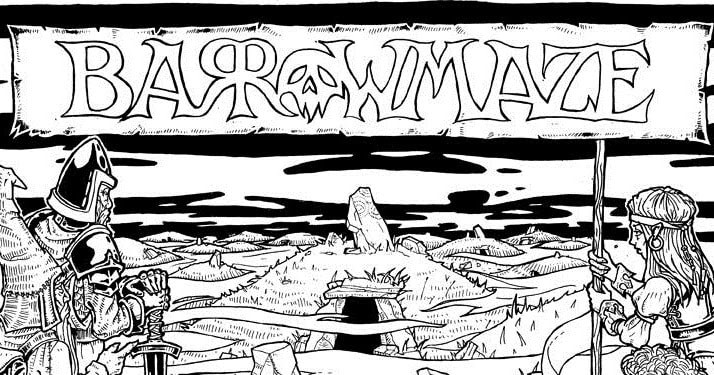


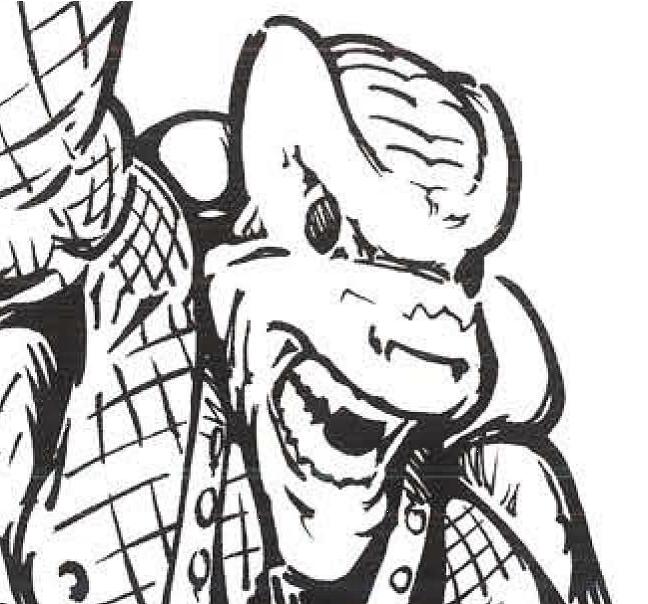
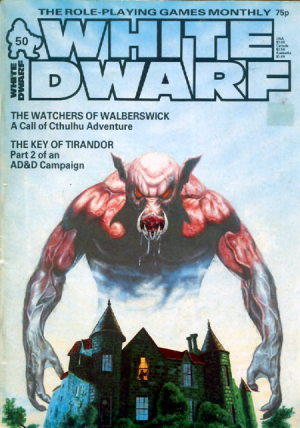
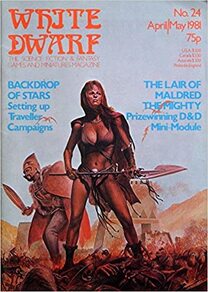
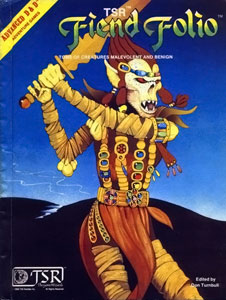
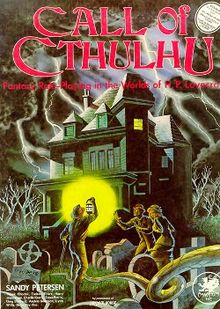
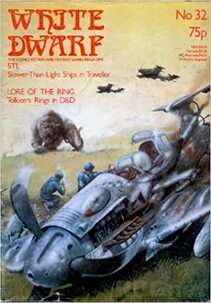
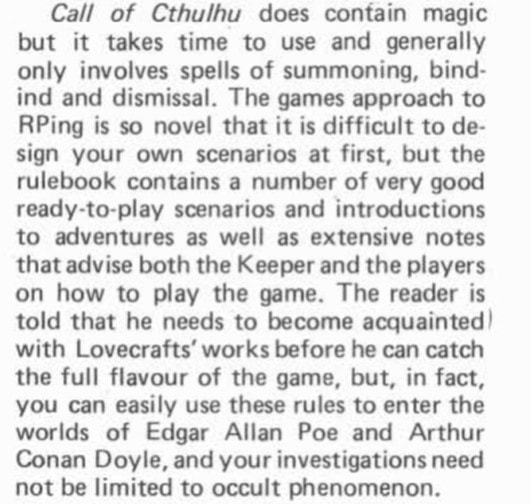
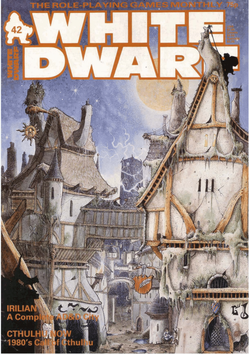
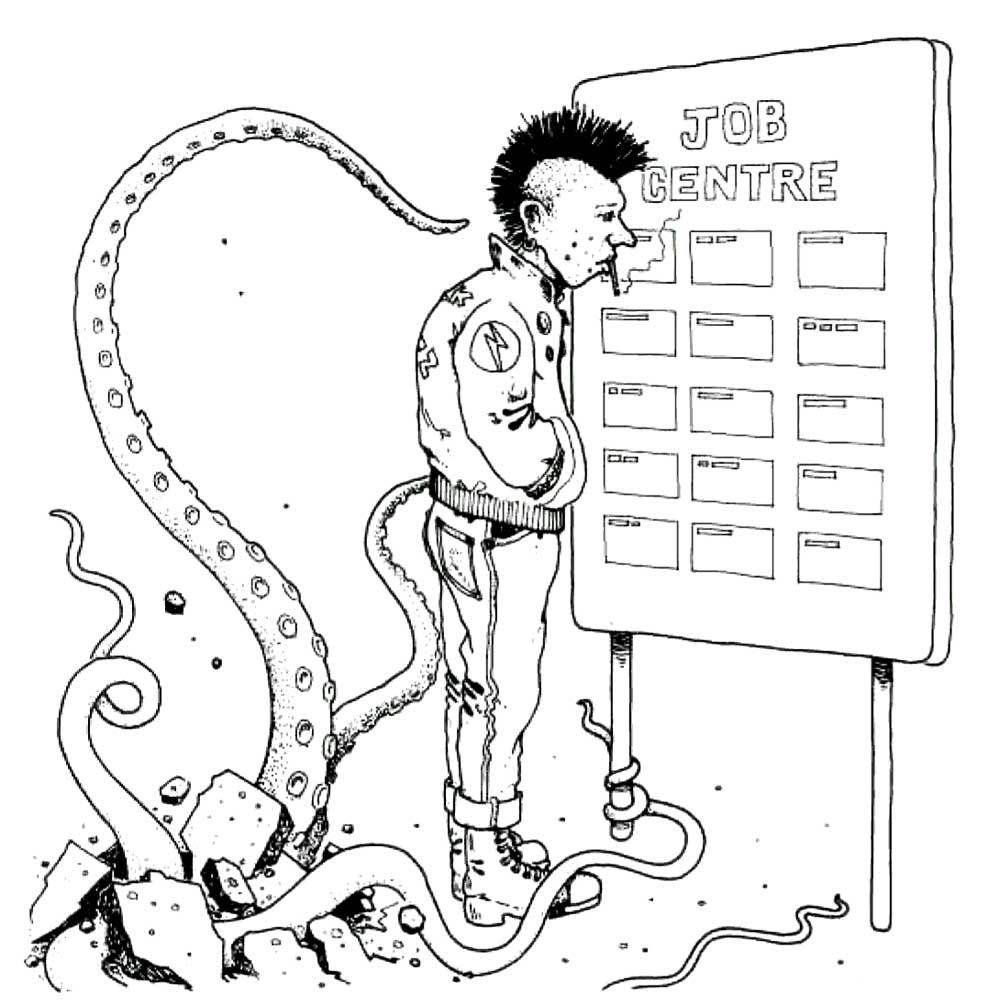

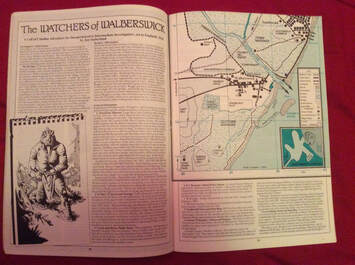
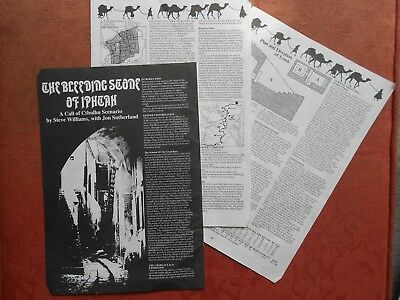
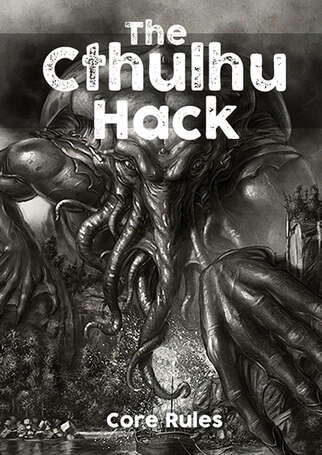
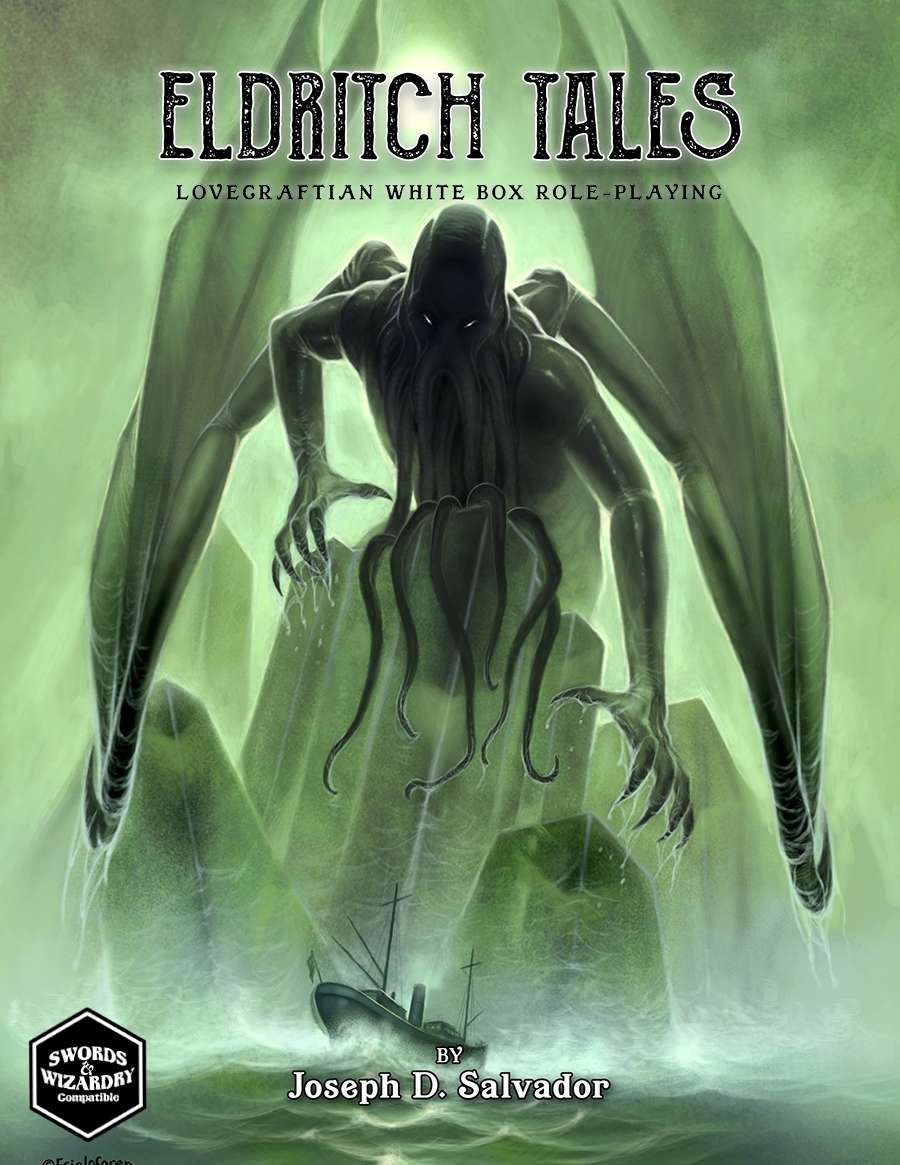
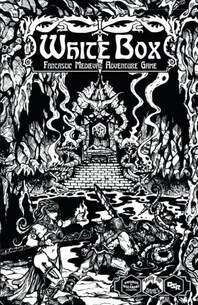

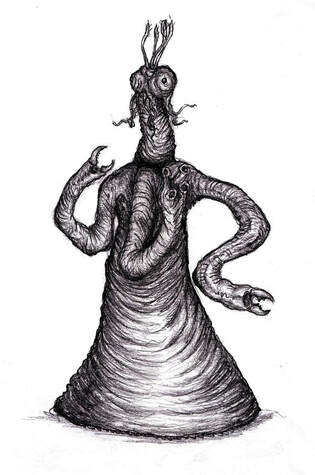
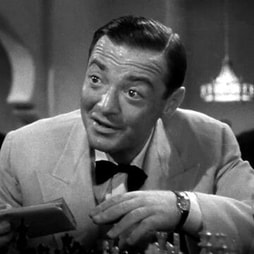
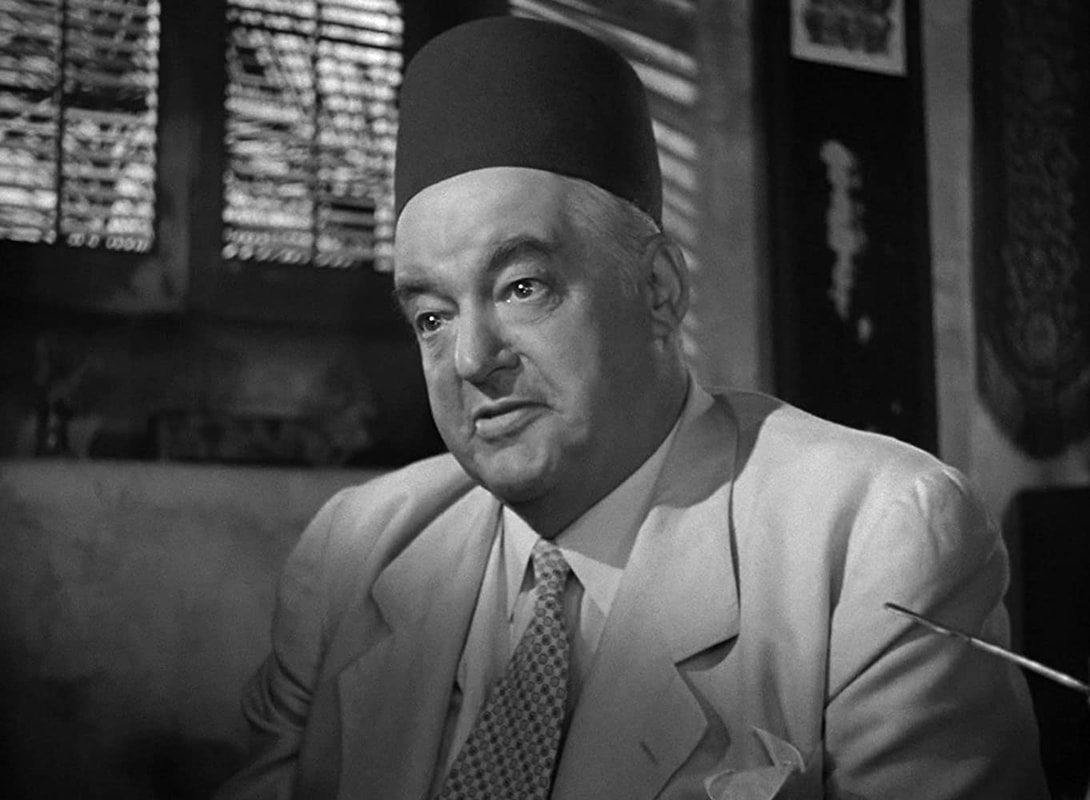


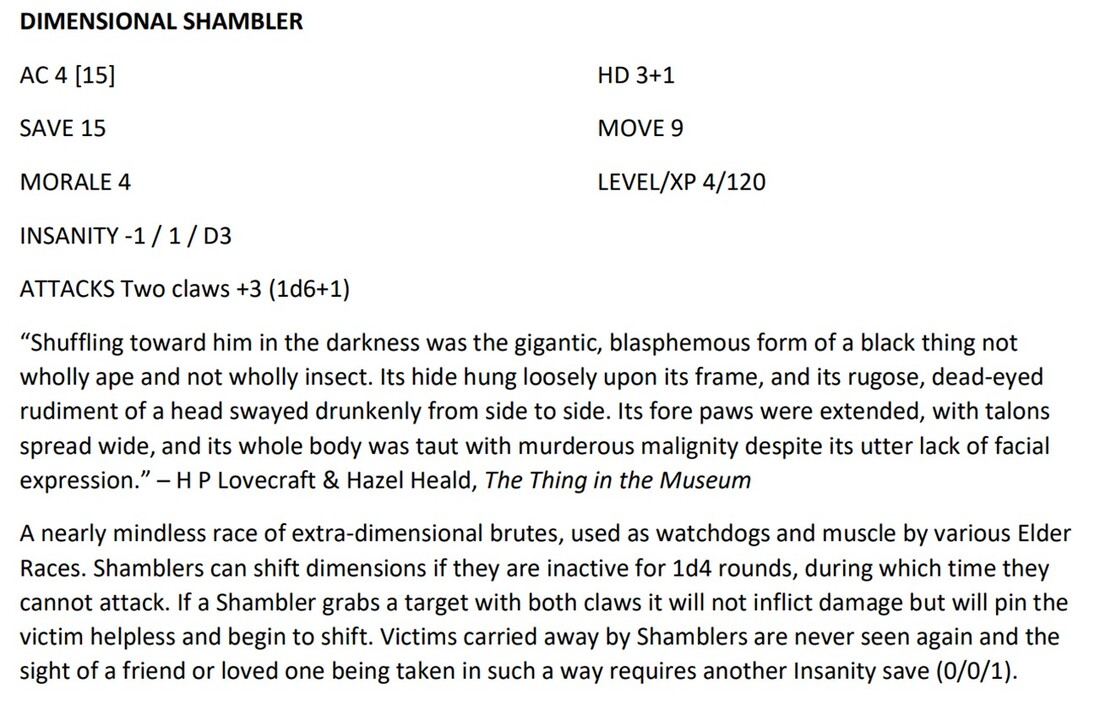
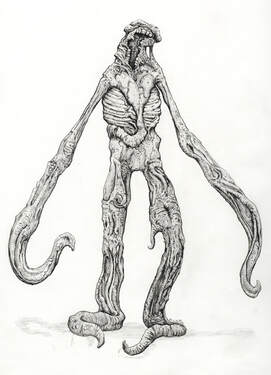

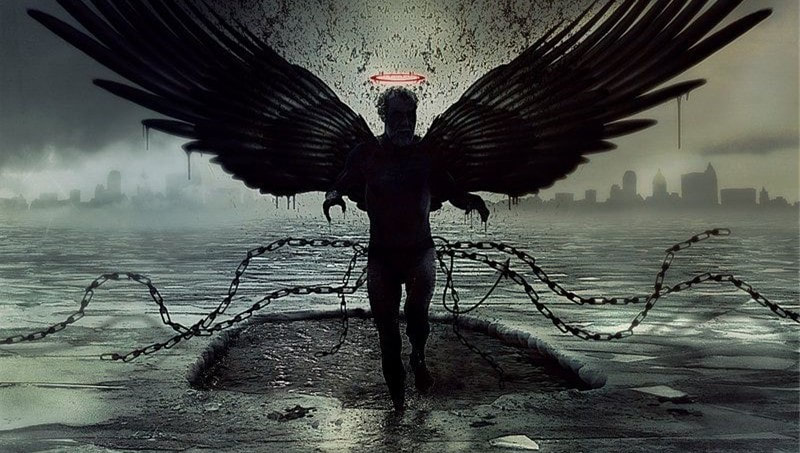

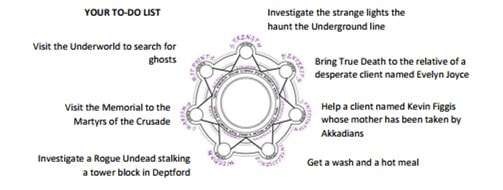

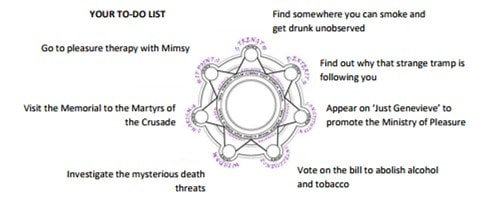

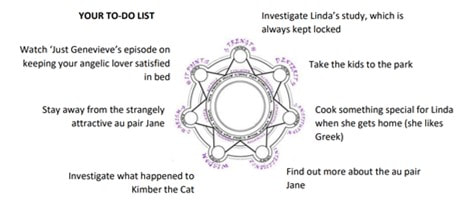

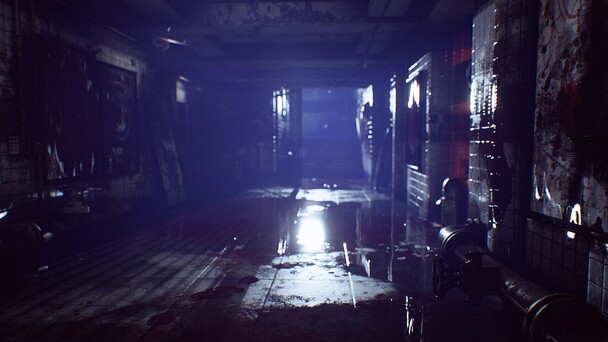




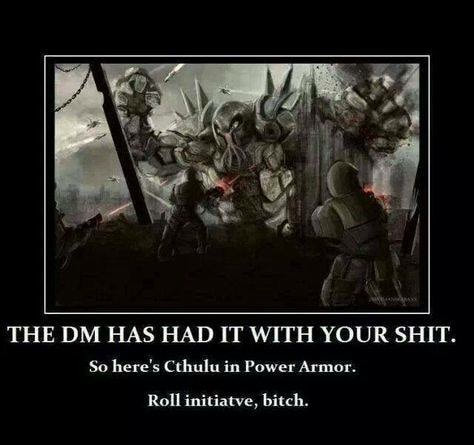
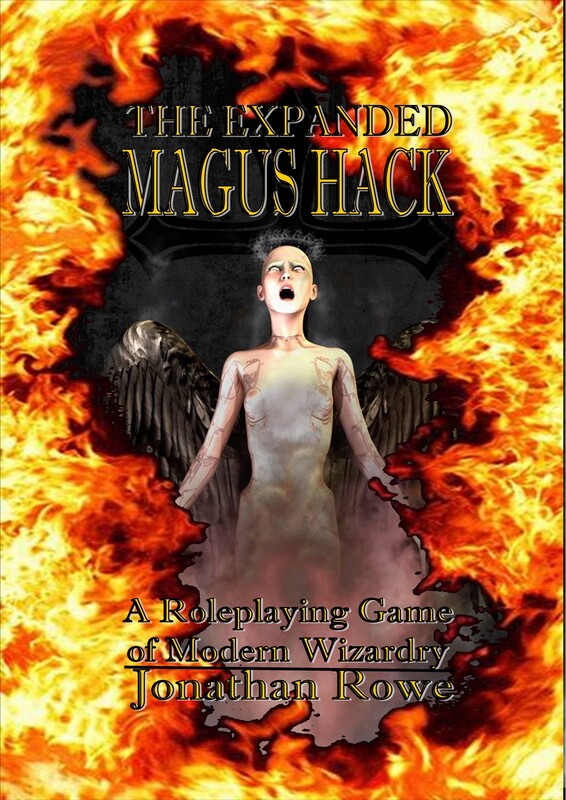
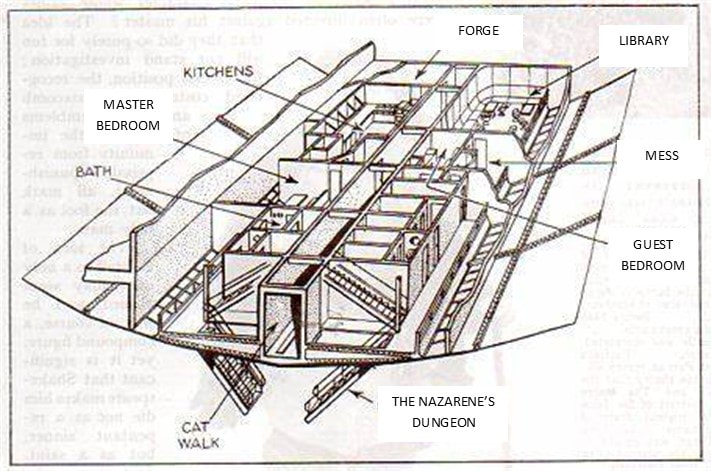
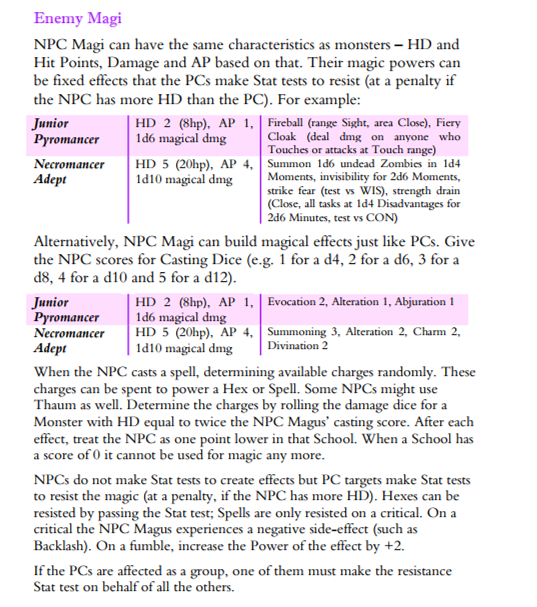
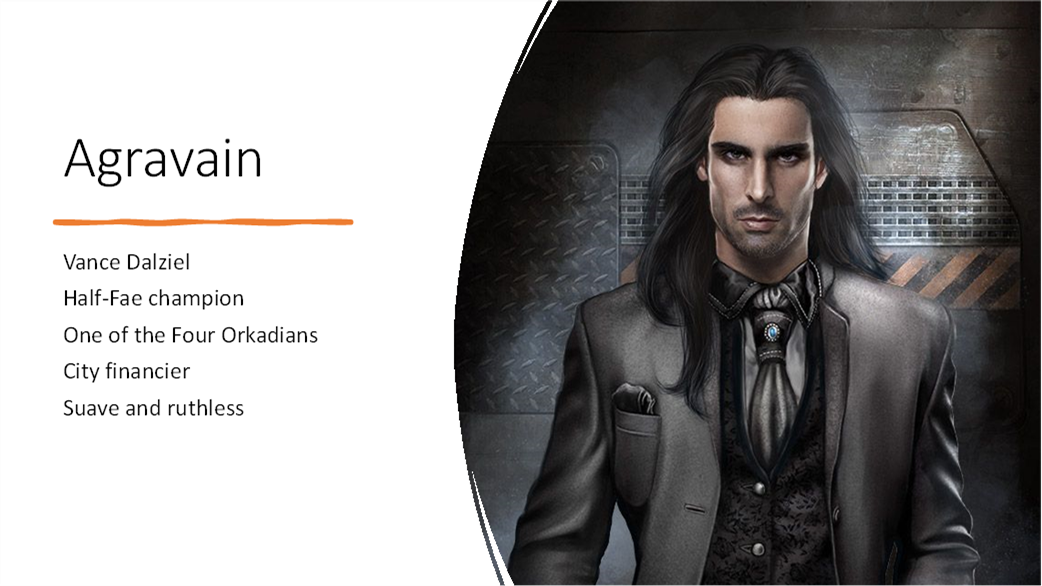


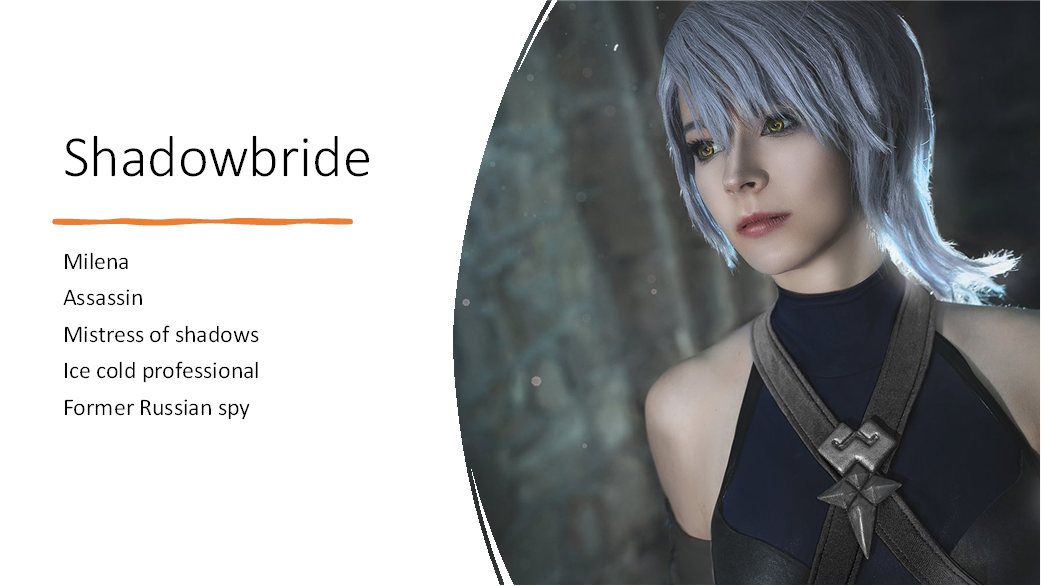
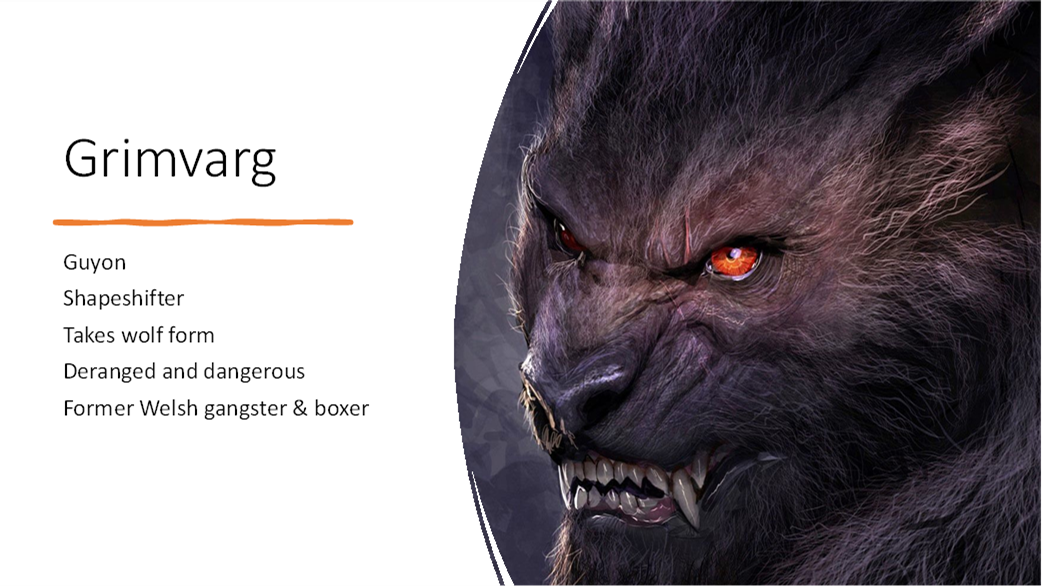
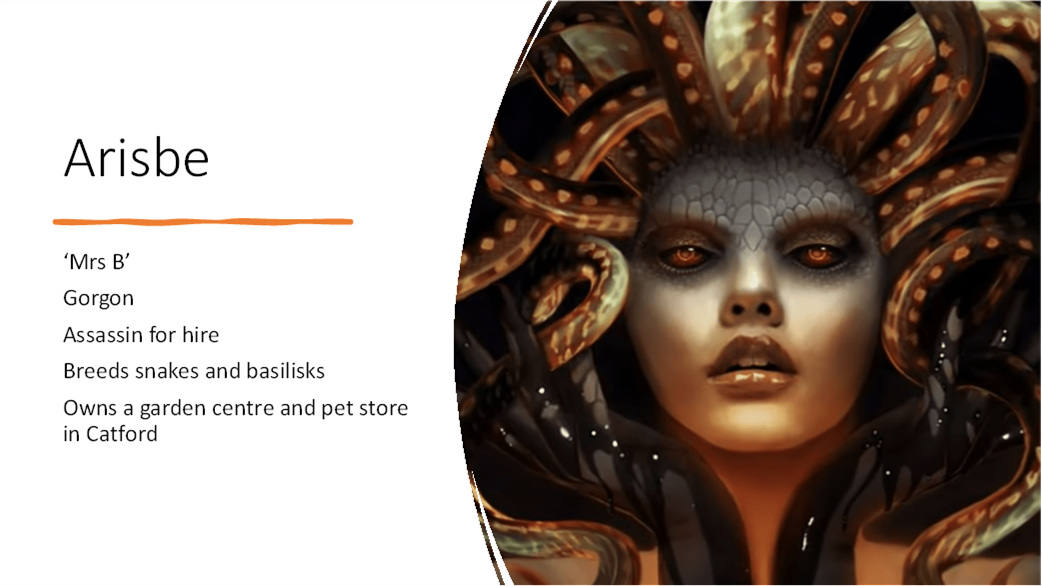
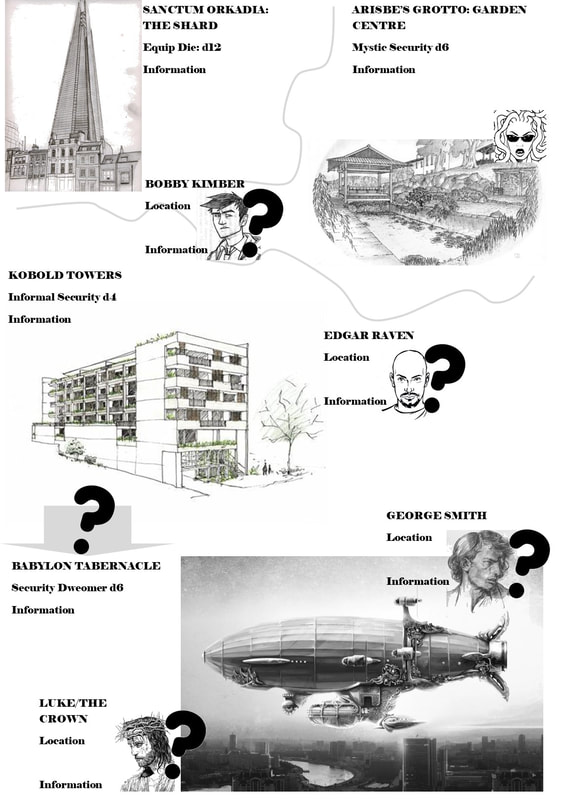

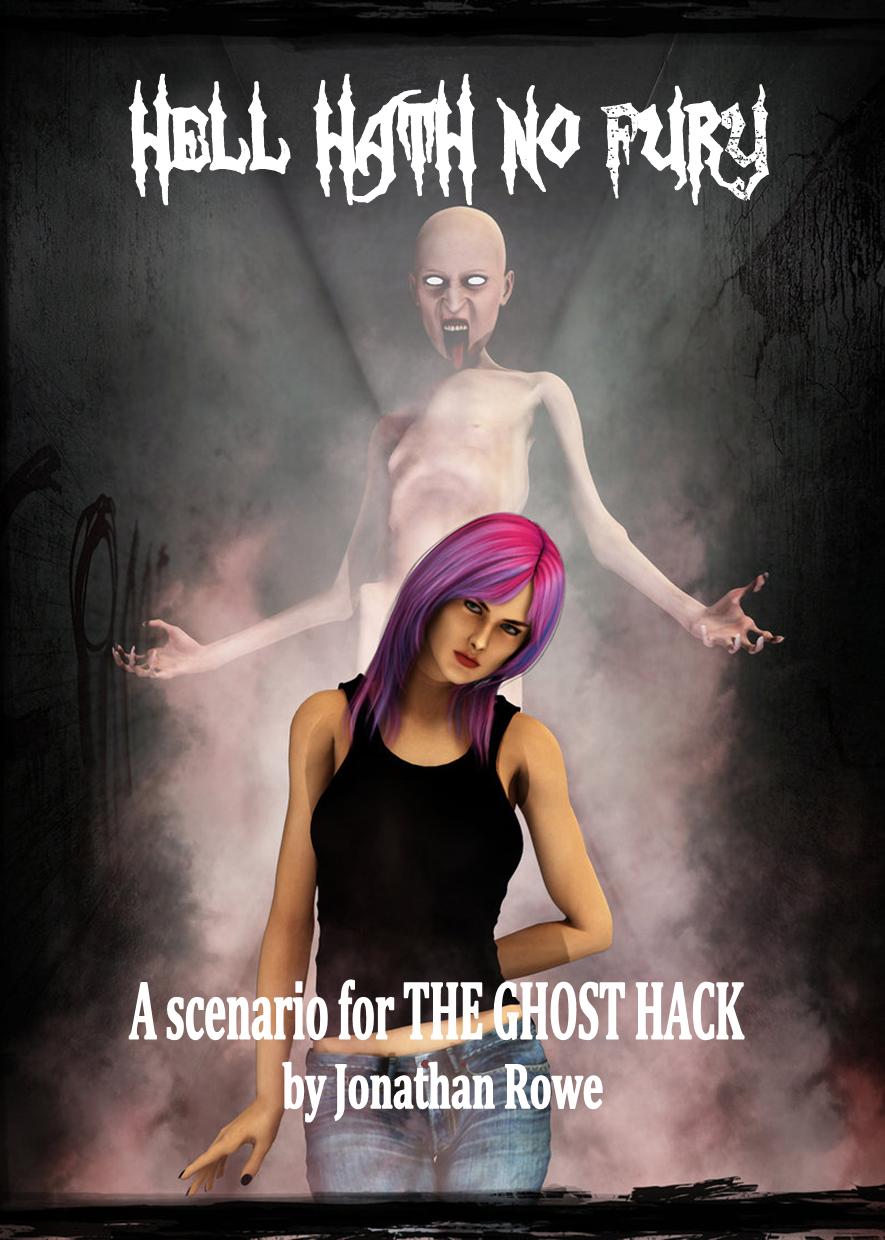




 RSS Feed
RSS Feed
